Foxtrot

Reviews
Stephen Campbell
**_A fascinating political allegory_** _Our emotional memory from our past trauma, the biggest of which was the Holocaust followed by our survival wars, this memory is stronger than any current reality and logic. I am not justifying our behaviour. I am diagnosing it._ - Samuel Maoz; "_Foxtrot_ is an allegory for Israeli society, trapped by its traumatic past" (Kate Taylor); _The Globe and Mail_ (March 14, 2018) Part satirical allegory, part surrealist indictment, _Foxtrot_ finds writer/director Samuel Maoz working with similar themes as he did in _Lebanon_ (2009); the ridiculous nature of war, the desensitisation of youth during wartime, the futility and meaninglessness of giving one's life in the service of one's country. However, whereas _Lebanon_ was set during the 1982 Lebanon War, and shot entirely from inside a Centurion tank, _Foxtrot_ is set in the present day, and expands Moaz's thematic concerns to take in the grief and anguish of those who have lost children to military service. Much like _Lebanon_, _Foxtrot_ is an intensely political film, and much like _Lebanon_, _Foxtrot_ has met with controversy and condemnation in Maoz's native Israel. Whereas _Lebanon_ was accused of attempting to dissuade young men from joining the Israel Defense Forces (IDF), _Foxtrot_ has been attacked for slandering the moral character of the IDF. A meditative and contemplative piece, heavy on metaphors, for the most part, the film hinges on non-action and passivity - the characters don't so much drive events, as events happen to them. Indeed, this is another of the film's themes - our inability to control fate (or, depending on your outlook, random chance). As with _Lebanon_, Maoz displays extraordinary technical proficiency and control of the medium, with the film as aesthetically impressive as it is politically divisive. A savage condemnation of both a national psyche and a military mindset that trades on the most binary of them-versus-us dichotomies and consciously strives to blur the line between personal honour and political ideology, _Foxtrot_ is not always an easy watch, and it's rarely what you would call "entertaining", but it's undeniably a brilliantly made and deeply passionate film. Divided into three distinct sections, the film begins with Michael (a superb Lior Ashkenazi) and Dafna Feldman (an equally superb Sarah Adler) receiving word that their son Jonathan, a conscript in the IDF, has been killed "_in the line of duty_". Dafna collapses, and has to be given a tranquiliser, whilst Michael goes into a kind of semi-catatonic state, barely registering what the casualty notification officers are telling him (apparently, he needs to drink a glass of water every hour; something they tell him about 15 times, even setting a reminder in his phone). As he slowly regains his faculties, however, he begins to ask questions - how was Jonathan killed, where was he stationed, is there a body - none of which are met with a straight answer. As Michael becomes more and more frustrated (a scene in which he takes his anger out on the family dog is very tough to watch, even though the violence is all suggested via sound effects rather than depicted on screen), the soldiers leave (reminding him to stay hydrated). Several hours later, another group of soldiers arrive to tell the Feldmans that their son is, in fact, still alive; a Jonathan Feldman was killed, but it was a different Jonathan Feldman. This news sends Michael off the deep-end, raging at anyone and everyone, and demanding that the IDF allow Jonathan to return home. The film then jumps several days back to a forlorn desert checkpoint on Israel's northern border (codename Foxtrot) manned by a group of unnamed wet-behind-the-ears soldiers, and Jonathan Feldman himself (Yonaton Shiray). The most action the group see is raising the barrier to let a camel amble through (in what appears to be a daily occurrence), and checking the IDs of the few Palestinians who are travelling the route. Indeed, the soldiers are more interested in the fact that the shipping container in which they sleep is slowly sinking into the sand than in anything military-related. However, when a mistake whilst checking the IDs of a group of Palestinians leads to tragedy, Jonathan comes to learn just how ruthlessly political the IDF can be. Without spoiling anything, the third section, which is kind of an extended coda, then returns to Michael and Dafna's apartment, six months after the opening scenes. _Foxtrot_ was inspired by an incident in Maoz's own life; 20 years ago, when his daughter was running late for school, Maoz refused to give her money for a taxi, forcing her to take a bus. Shortly thereafter, he saw on the news that the bus on which his daughter was travelling had been bombed, with no survivors. It was only several hours later that he learned she had missed the bus and was perfectly fine, but for those few hours, he thought she was dead. In Israel, the film was denounced by Minister of Culture and Sport Miri Regev, without her actually seeing it. Accusing it of being > _the result of self-flagellation and cooperation with the anti-Israel narrative,_ Regev was furious that it had been made with Israel Film Fund money, vowing to change the rules of the Fund to exclude "anti-Israeli films". When it went on to win 10 Ophir Awards (Israel's equivalent of the Academy Awards), including Best Film, Best Director, and Best Actor, Regev was not invited to the ceremony. In response to her criticisms, Maoz stated, > _if I criticise the place I live, I do it because I worry. I do it because I want to protect it. I do it from love._ Regev later argued that it was > _outrageous that Israeli artists contribute to the incitement of the young generation against the most moral army in the world by spreading lies in the form of art._ So what got Regev so hot under the collar? In _Foxtrot_, Maoz constructs an allegory through which he deconstructs Israeli national myths and self-aggrandising narratives. Interrogating what he sees as a culture of denial born from a reluctance to deal with the morality and sustainability of being an occupying force, the film gets a lot of mileage out of the metaphor of the foxtrot - a dance where no matter where you go, if you follow the steps correctly, you end up back at the starting position. Applied to Israel, or indeed, any nation, Maoz is suggesting that without taking great care, countries will repeat the errors of the past, ending up exactly where they once were. The film depicts three generations of Feldmans (Michael's mother (Karin Ugowski), a Holocaust survivor now suffering from dementia, Michael himself, and Jonathan) dancing the foxtrot (literally in Michael and his mother's cases), either unwilling or unable to face up to the country's violent and traumatic past. Tied to this is the metaphor of the sinking container, with one of the soldiers stating, "_we'll end up sinking completely_" - the world is off-kilter, and getting worse every day. Speaking to _The Globe and Mail_, Maoz explains, > Foxtrot _deals with the open wound or bleeding soul of Israeli society. We dance the foxtrot; each generation tries to dance it differently but we all end up at the same starting point,_ whilst he tells the _LA Times_, > _I won't be naive and say there is no social or political statement in my film. But it's more broad than specific. I don't have an interest in a realistic film about a roadblock. The roadblock is a microcosm of a society - any society - that has its perception distorted by a past trauma._ In a more concrete sense, in two scenes at Foxtrot, the film examines the casual sadism, unspoken racism, and braggadocious machoism that can arise from serving in the armed forces of a country perpetually at war. In the first (arguably the best scene in the film), the soldiers make a Palestinian couple stand in the pouring rain whilst their antiquated computer checks the couple's IDs. Obviously dressed for a formal night (he is in a tuxedo, she in an elegant dress), by the time the soldiers clear them to pass, their clothes are destroyed, as is her hair, and her makeup is ruined, with the soldiers even making her empty the contents of her purse onto the ground. The scene is brilliantly staged, agonisingly realistic, and takes place in real-time, with Maoz concentrating on the couple looking at one another across the roof of the car, conveying agonised helplessness, compromised innocence, understandable belligerency, and, most saliently, abject humiliation. It's a masterclass in dialogue-free storytelling, and deeply political storytelling at that. In the second scene, the soldiers act with violent impunity against a car of young Palestinians, although the act of violence itself arises from a mistake (to say much else would be a spoiler). Maoz also offers pointed criticism in a scene in the first section, when an indifferent and misogynistic officer from the military rabbinate (Itamar Rothschild) arrives to go over the funeral arrangements, condescendingly telling Michael, "_a little smile can help you cope_". Aesthetically, as with _Lebanon_, _Foxtrot_ is fascinatingly staged. For starters, Maoz shoots each of the three sections differently, but in ways tightly tied to their thematic focus; the first is highly restrictive, trapping us in the confined ideological headspace of the Feldmans, with the intense emotionality constantly threatening to boil over; the vast wide-open vistas of the second part contrast sharply with the confinement of the first, with the entire section threaded through with surrealism and even a hint of magic realism; the third section is darker than the others (in a literal sense), with a stark visual design that emphasises only those elements that are important to the scene. A recurring composition in the first section is an overhead shot looking directly down on Michael, creating a (false) sense of omniscience. This is contrasted with the way Maoz often shoots Michael in tight close-ups, remaining on his face even when other characters are speaking. The Feldman apartment itself is extremely angular, and although it's very spacious, cinematographer Giora Bejach shoots it in such a way as to appear oppressively box-like (the fact that there is tempered glass on the doors, obscuring what's on the other side, is an important element in this). Boxes are emphasised throughout the film; the floor pattern of the Feldman living room, the container in which the soldiers at Foxtrot sleep, the dance moves of the foxtrot itself. The impression given is that the characters are fundamentally trapped - in a practical sense by the boxes with which they've surrounded themselves, and in a more metaphorical sense by the nation's psyche. Jonathan Ritzel's sound design is also notable, full of deafening sounds that seem to come out of nowhere (the buzzer for the Feldman's apartment, doors slamming etc). Especially impressive is how intimately Maoz weaves together form and content, allowing the latter to generate the former in a way most filmmakers could never dream of emulating. To give an example, in the production notes, Maoz states, > _the film has a shot where you see a screen of a laptop with a notice of mourning and next to it a bowl with oranges. This frame is the story of my country in four words – oranges and dead soldiers._ _Foxtrot_ certainly won't be for everyone. Some will take issue with the pacing (which, it has to be said, is extremely languid), some with the allegorical nature of the story, some with the film's politics. For everyone else, however, this is a brilliantly realised family tragedy, dealing with the randomness of pain and loss in a country refusing to recognise its past. Maoz tells a personal story, but he also exposes the nature of a country whose moral crisis is no less severe than the crisis in which the Feldmans find themselves. Critiquing the practice of sending soldiers to die for absolutely nothing, as well as the xenophobic mindset that has crept into the zeitgeist, Maoz has been accused of making an "_anti-Israel narrative_." On the contrary, he is pleading with his country to change its ways, or it will repeat the errors of history; this is the act of a man who loves his country deeply, but who can see its flaws. In one of the most devastatingly heartbreaking lines I've heard in a long time, Dafna muses, "_I remember thinking that I was going to be happy_." Maoz is suggesting so too did the Israeli people.
Movie Recommendation
 One on Top of the Other1969-08-15A San Francisco doctor encounters a prostitute who bears a striking resemblance to his late wife.More...
One on Top of the Other1969-08-15A San Francisco doctor encounters a prostitute who bears a striking resemblance to his late wife.More... Thirst Street2017-09-20Gina, an American flight attendant, falls in with a Parisian bartender on a layover only to find herself tangled in a web of deception, delusion and unrequited amour fou.More...
Thirst Street2017-09-20Gina, an American flight attendant, falls in with a Parisian bartender on a layover only to find herself tangled in a web of deception, delusion and unrequited amour fou.More...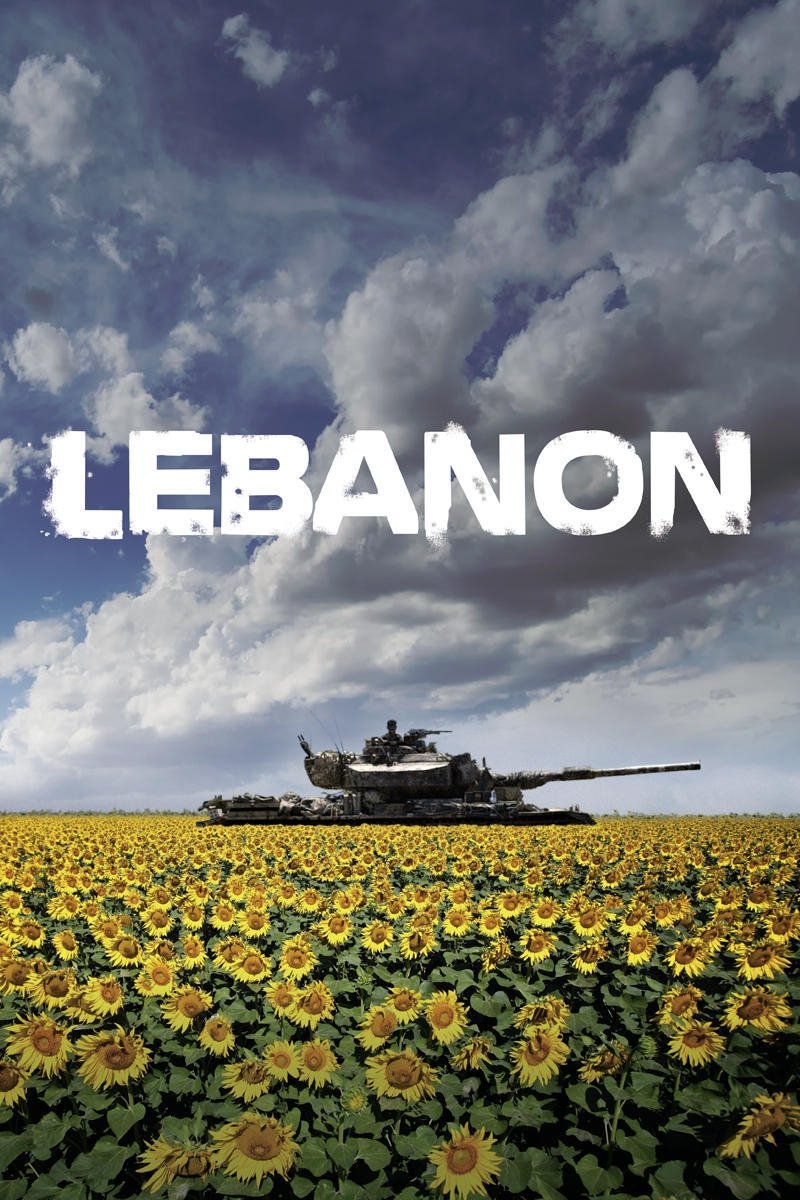 Lebanon2009-09-24During the First Lebanon War in 1982, a lone tank and a paratroopers platoon are dispatched to search a hostile town.More...
Lebanon2009-09-24During the First Lebanon War in 1982, a lone tank and a paratroopers platoon are dispatched to search a hostile town.More...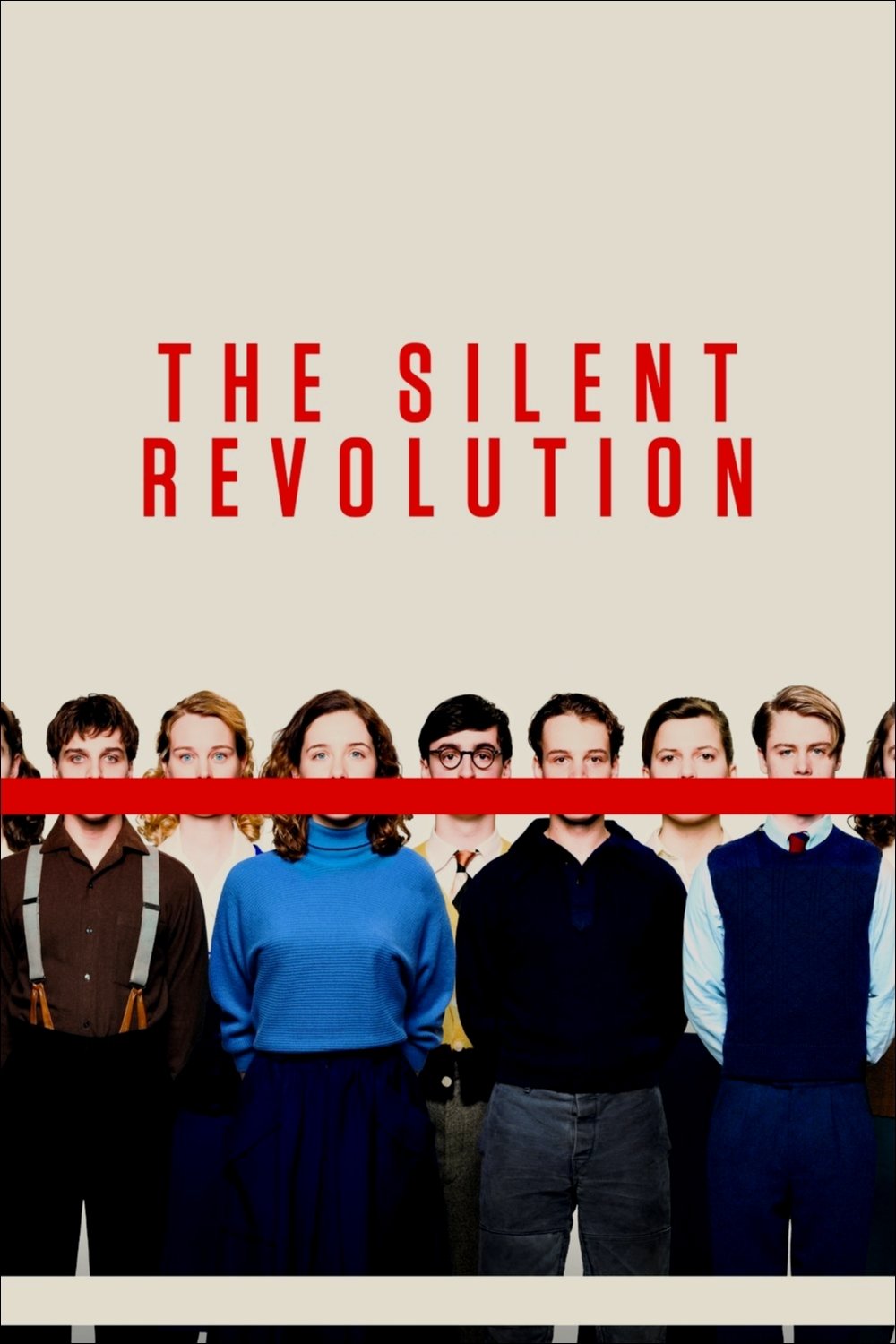 The Silent Revolution2018-03-01Stalinstadt, East Germany, 1956. While the Hungarian uprising against Soviets is taking place, teenage members of a classroom of the local school perform a seemingly harmless act that causes unexpected consequences.More...
The Silent Revolution2018-03-01Stalinstadt, East Germany, 1956. While the Hungarian uprising against Soviets is taking place, teenage members of a classroom of the local school perform a seemingly harmless act that causes unexpected consequences.More...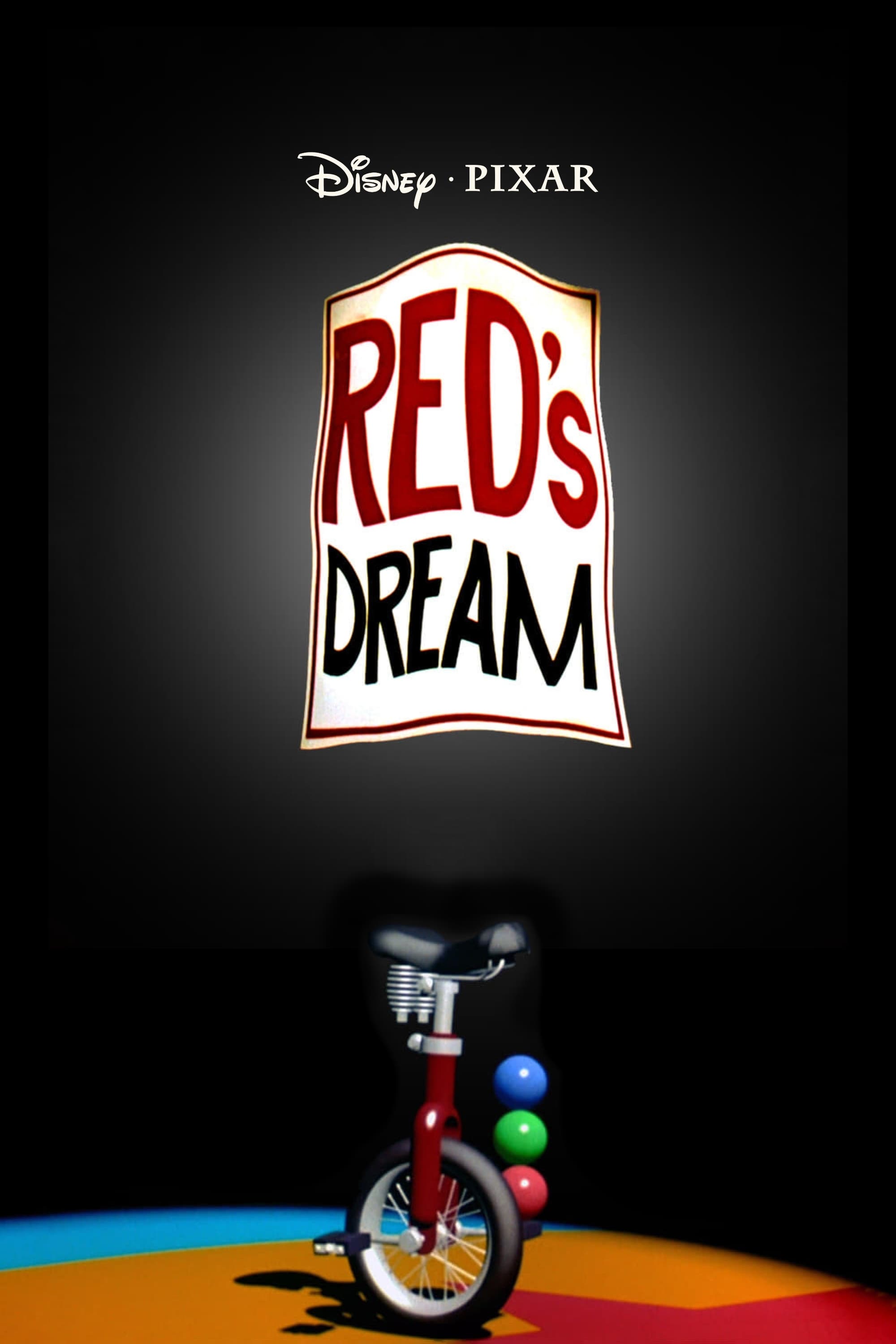 Red's Dream1987-07-10Life as the sole sale item in the clearance corner of Eben's Bikes can get lonely. So Red, a unicycle, dreams up a clown owner and his own juggling act that steals the show. But all too soon, the applause turns into the sound of rainfall, as reality rushes back. Red must resign himself to sitting in the corner and await his fate.More...
Red's Dream1987-07-10Life as the sole sale item in the clearance corner of Eben's Bikes can get lonely. So Red, a unicycle, dreams up a clown owner and his own juggling act that steals the show. But all too soon, the applause turns into the sound of rainfall, as reality rushes back. Red must resign himself to sitting in the corner and await his fate.More...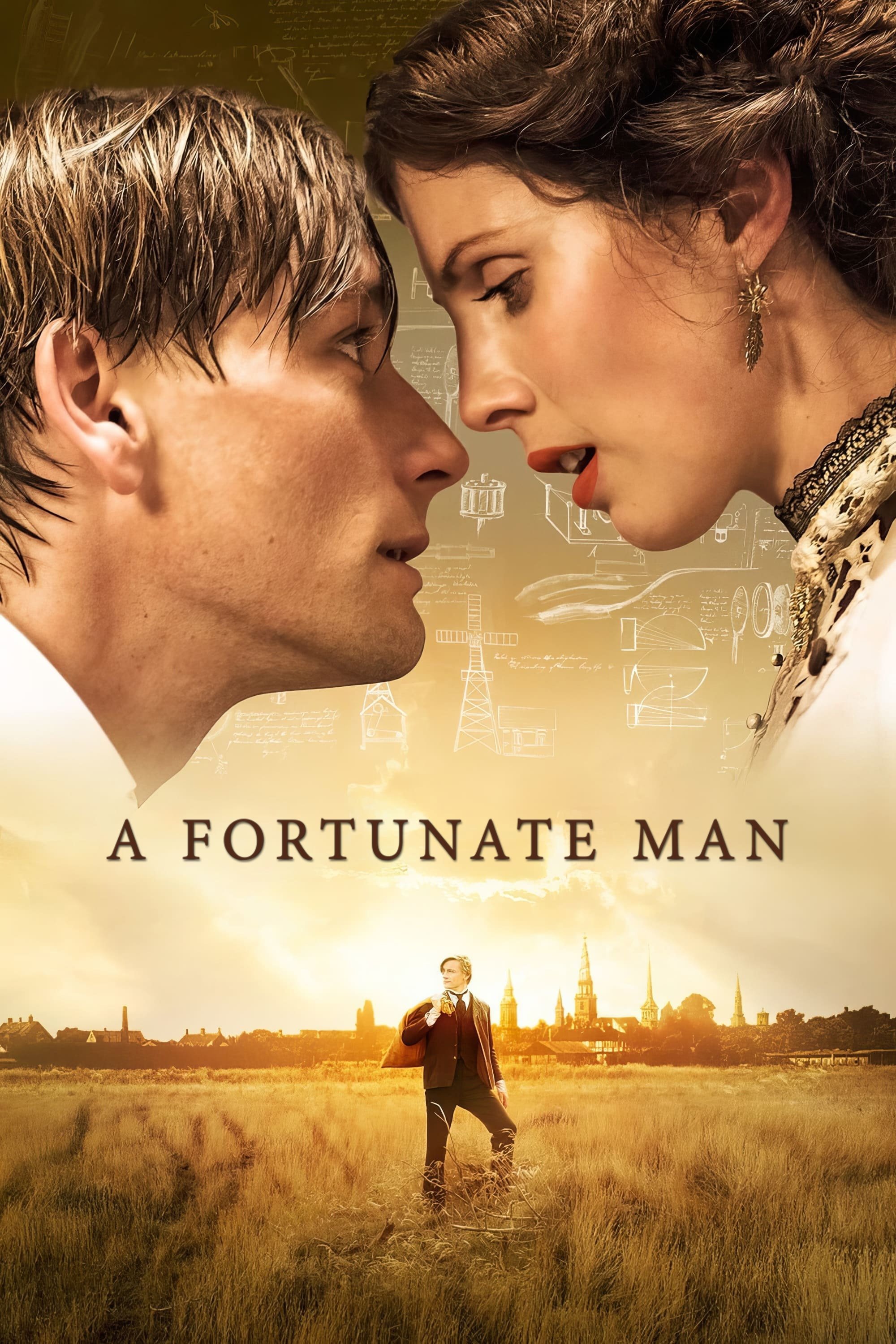 A Fortunate Man2018-08-30A gifted engineer flees his austere roots to pursue wealth and success among Copenhagen's elite. As he rises through the ranks of society, the pride propelling him threatens to be his ruin.More...
A Fortunate Man2018-08-30A gifted engineer flees his austere roots to pursue wealth and success among Copenhagen's elite. As he rises through the ranks of society, the pride propelling him threatens to be his ruin.More...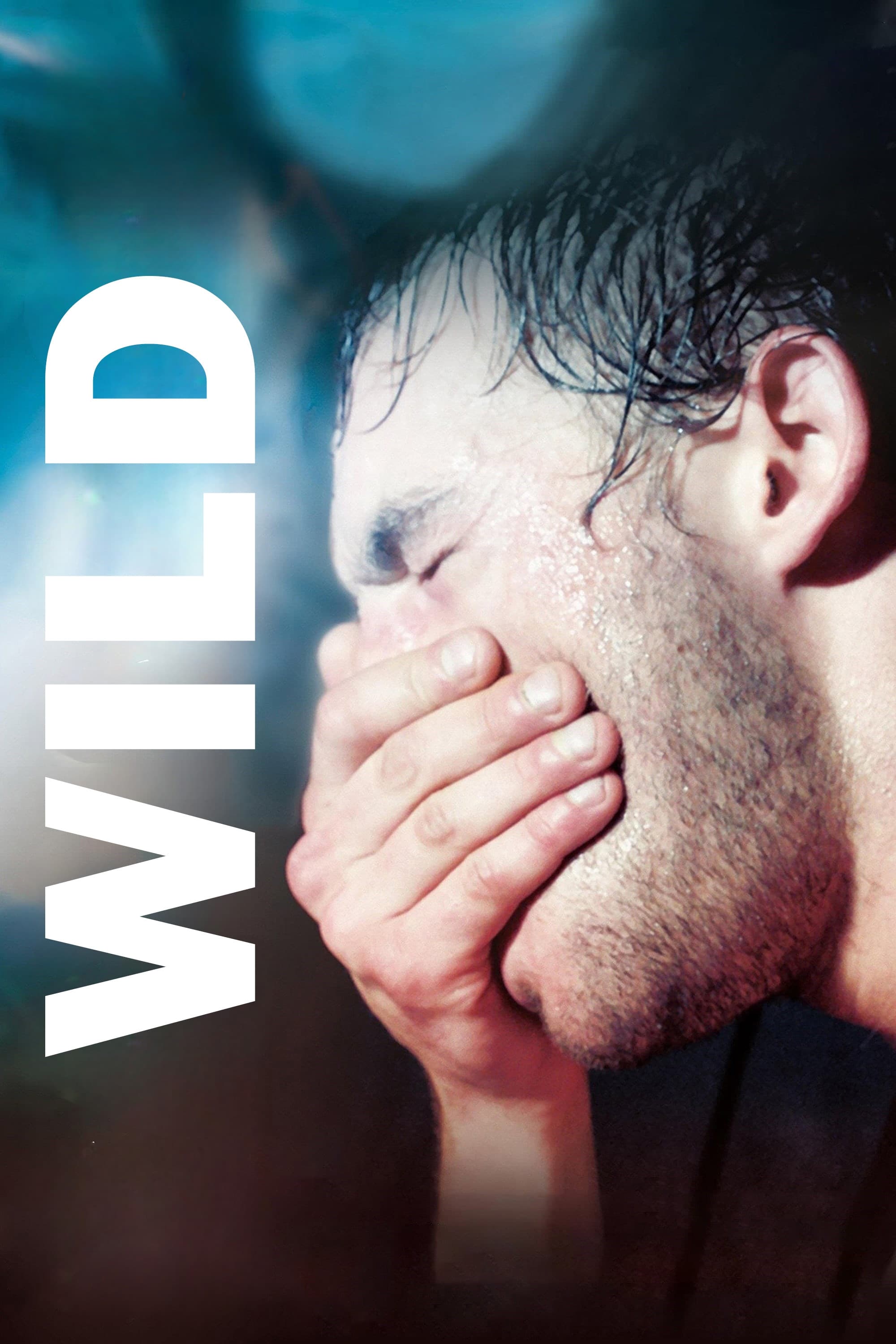 Sauvage2018-08-29Léo, a 22-year-old homeless sex worker searches for genuine love on the streets of Strasbourg.More...
Sauvage2018-08-29Léo, a 22-year-old homeless sex worker searches for genuine love on the streets of Strasbourg.More... The White Crow2018-08-31The story of Rudolf Nureyev, whose escape to the West stunned the world at the height of the Cold War. With his magnetic presence, Nureyev emerged as ballet’s most famous star, a wild and beautiful dancer limited by the world of 1950s Leningrad. His flirtation with Western artists and ideas led him into a high-stakes game of cat and mouse with the KGB.More...
The White Crow2018-08-31The story of Rudolf Nureyev, whose escape to the West stunned the world at the height of the Cold War. With his magnetic presence, Nureyev emerged as ballet’s most famous star, a wild and beautiful dancer limited by the world of 1950s Leningrad. His flirtation with Western artists and ideas led him into a high-stakes game of cat and mouse with the KGB.More... The Coldest Game2019-11-08Warsaw, Poland, during the Cuban Missile Crisis, 1962. Josh Mansky, a troubled math genius and former US chess champion, is recruited to hold a dangerous public match against the Soviet champion, while playing the deadly game of espionage hidden in the darkest shadows of a hostile territory.More...
The Coldest Game2019-11-08Warsaw, Poland, during the Cuban Missile Crisis, 1962. Josh Mansky, a troubled math genius and former US chess champion, is recruited to hold a dangerous public match against the Soviet champion, while playing the deadly game of espionage hidden in the darkest shadows of a hostile territory.More...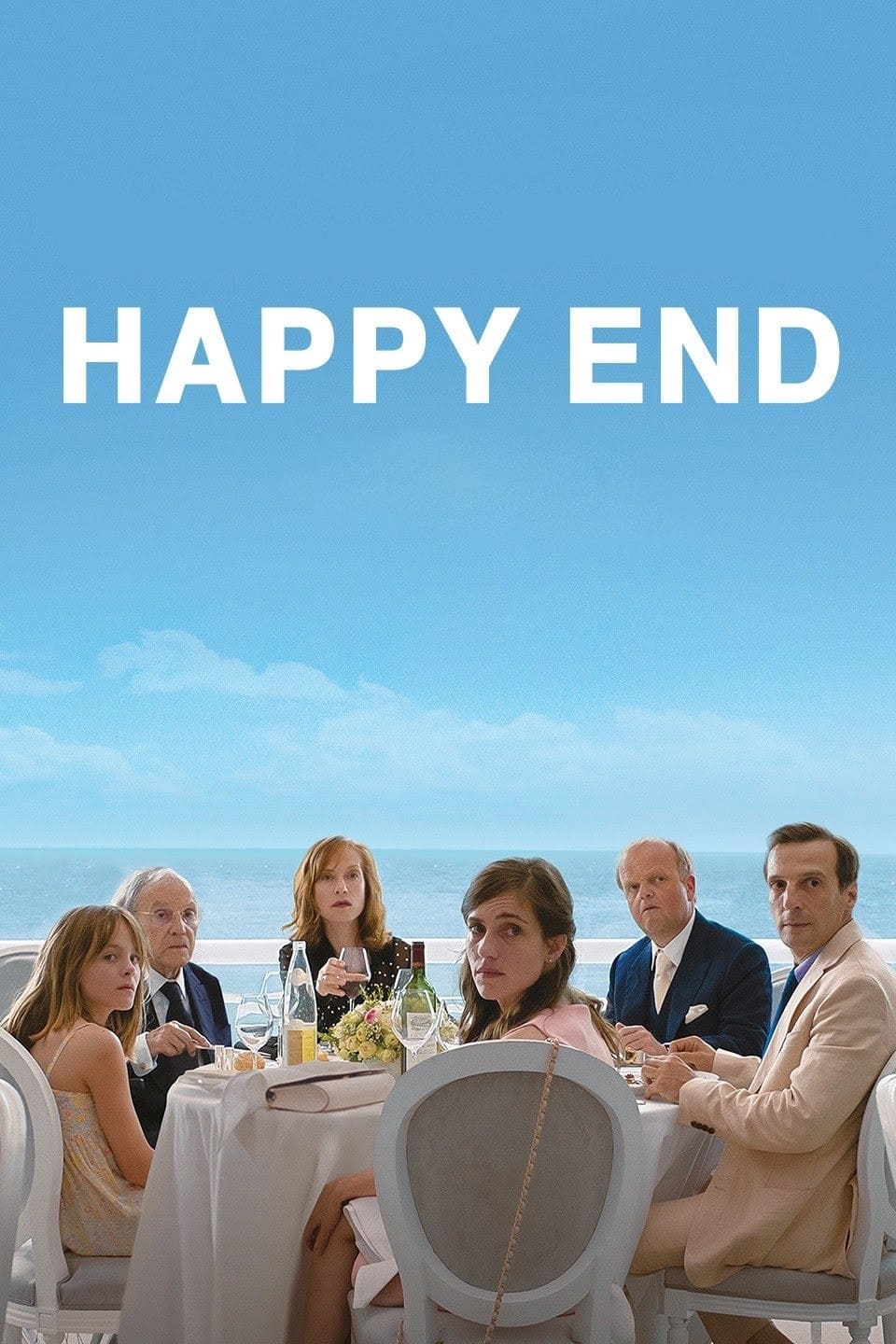 Happy End2017-06-21A well-to-do French family living in Calais deal with a series of setbacks and crises while paying little attention to the grim conditions in the refugee camps within a few miles of their home.More...
Happy End2017-06-21A well-to-do French family living in Calais deal with a series of setbacks and crises while paying little attention to the grim conditions in the refugee camps within a few miles of their home.More... Brexit: The Uncivil War2019-01-19Political strategist Dominic Cummings leads a popular but controversial campaign to convince British voters to leave the European Union from 2015 up until the present day.More...
Brexit: The Uncivil War2019-01-19Political strategist Dominic Cummings leads a popular but controversial campaign to convince British voters to leave the European Union from 2015 up until the present day.More... The Wild Goose Lake2019-12-06A gangster ends up making a mistake that causes every gun on both sides of the law to point at him. While on the run, he comes across a mysterious woman who might get him out of trouble or make things worse.More...
The Wild Goose Lake2019-12-06A gangster ends up making a mistake that causes every gun on both sides of the law to point at him. While on the run, he comes across a mysterious woman who might get him out of trouble or make things worse.More...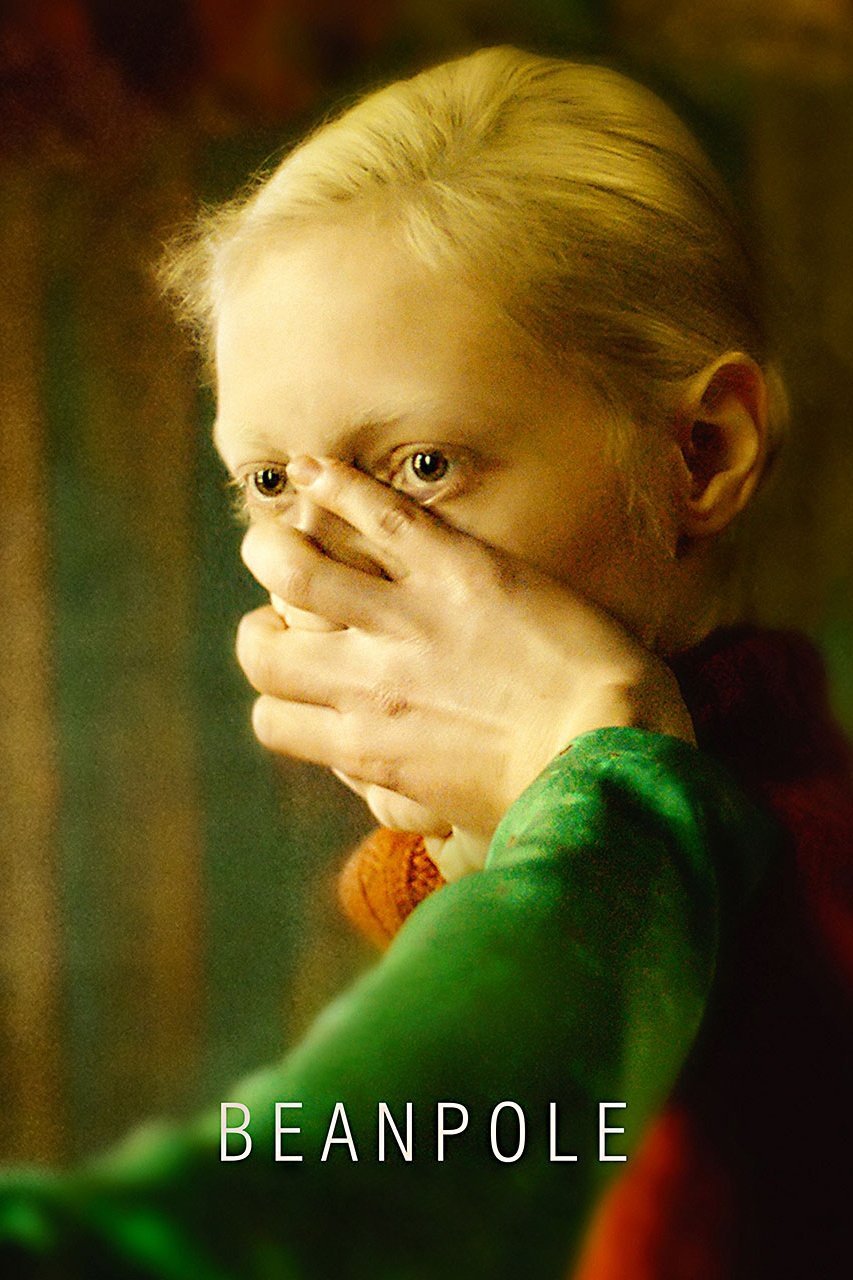 Beanpole2019-06-201945, Leningrad. World War II has devastated the city, demolishing its buildings and leaving its citizens in tatters, physically and mentally. Two young women, Iya and Masha, search for meaning and hope in the struggle to rebuild their lives amongst the ruins.More...
Beanpole2019-06-201945, Leningrad. World War II has devastated the city, demolishing its buildings and leaving its citizens in tatters, physically and mentally. Two young women, Iya and Masha, search for meaning and hope in the struggle to rebuild their lives amongst the ruins.More...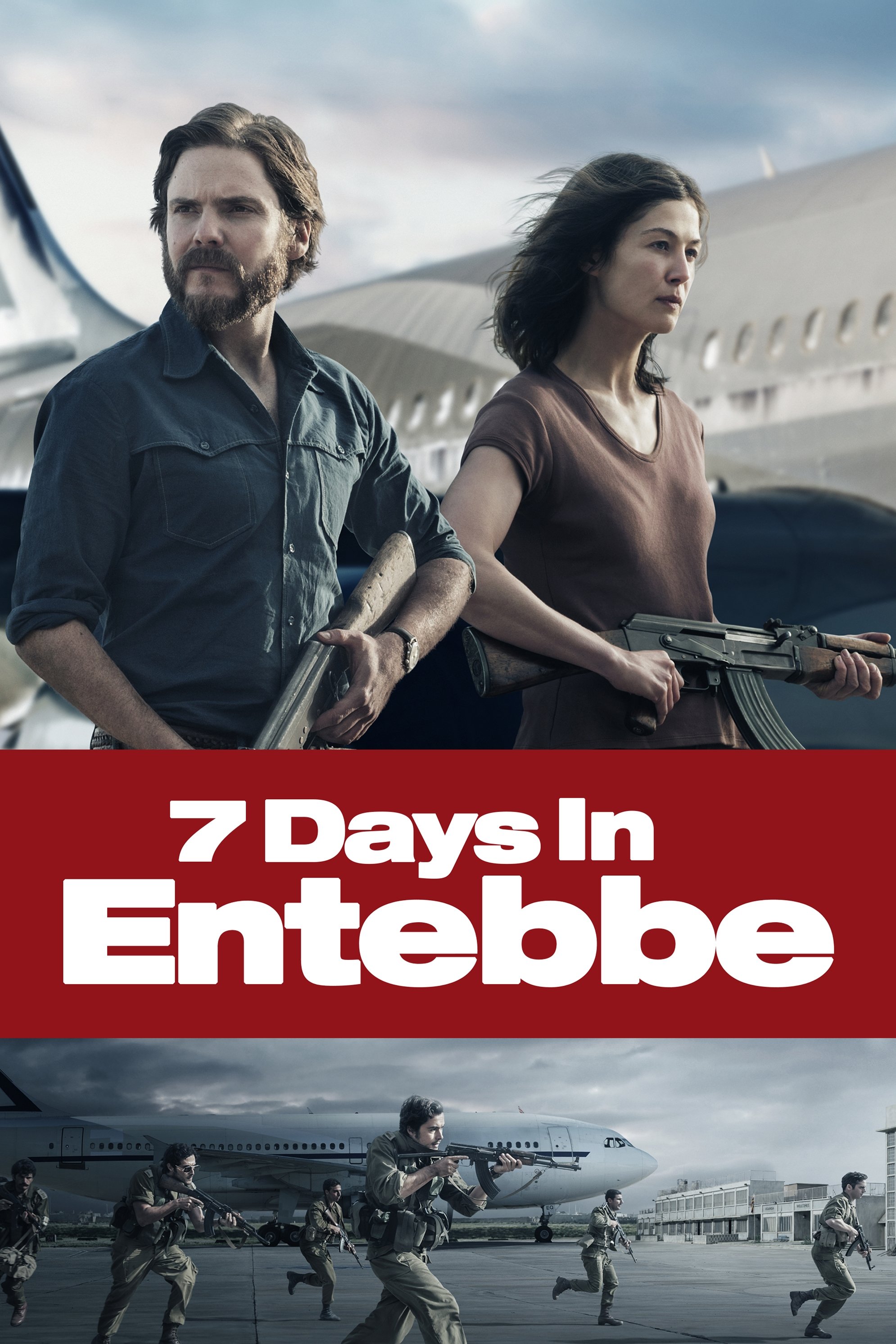 7 Days in Entebbe2018-03-15In 1976, four hijackers take over an Air France airplane en route from Tel Aviv to Paris and force it to land in Entebbe, Uganda. With 248 passengers on board, one of the most daring rescue missions ever is set in motion.More...
7 Days in Entebbe2018-03-15In 1976, four hijackers take over an Air France airplane en route from Tel Aviv to Paris and force it to land in Entebbe, Uganda. With 248 passengers on board, one of the most daring rescue missions ever is set in motion.More...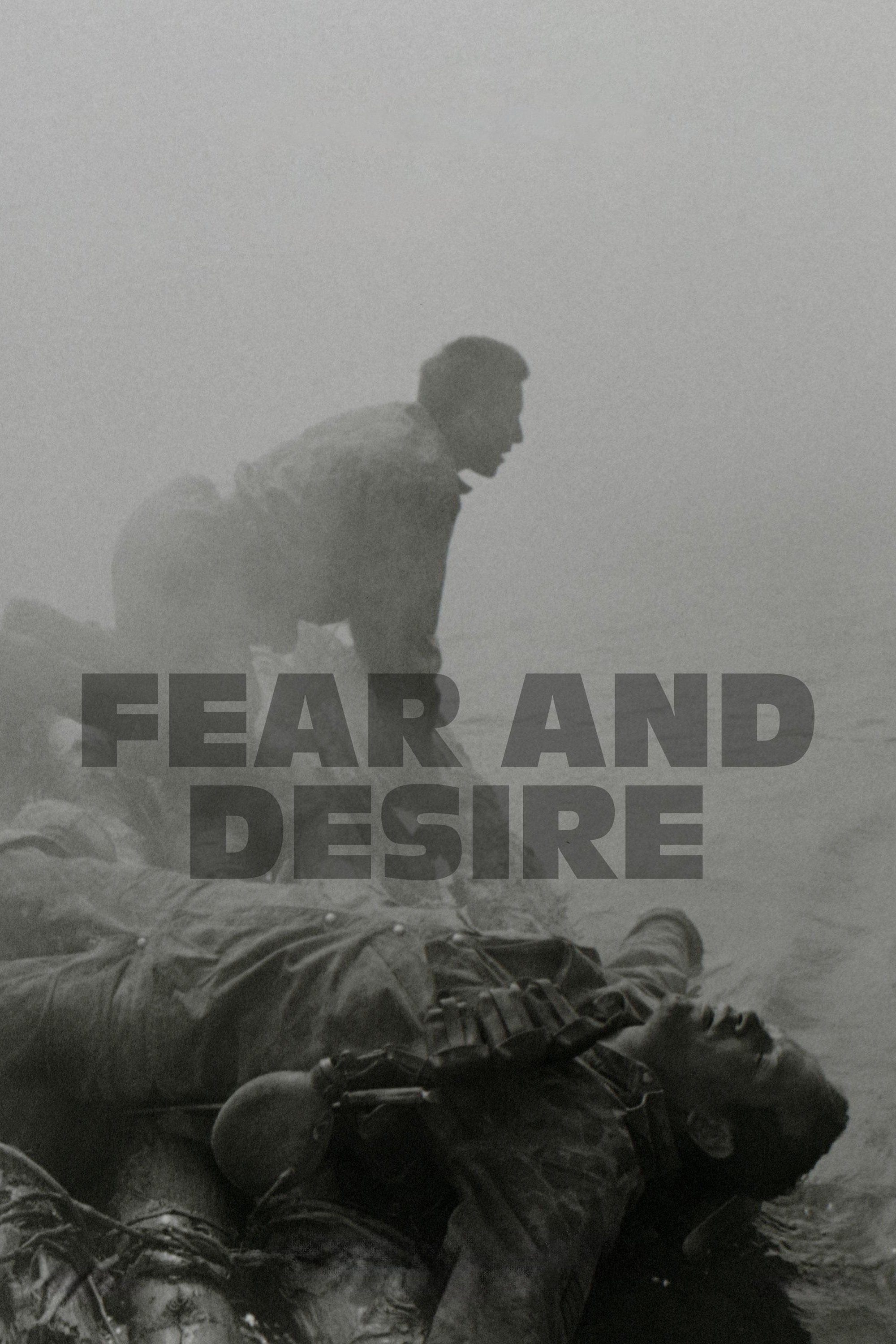 Fear and Desire1953-03-31After their airplane crashes behind enemy lines, four soldiers must survive and try to find a way back to their battalion. However, when they come across a local peasant girl the horrors of war quickly become apparent.More...
Fear and Desire1953-03-31After their airplane crashes behind enemy lines, four soldiers must survive and try to find a way back to their battalion. However, when they come across a local peasant girl the horrors of war quickly become apparent.More... The Innocents2016-02-10Poland, 1945. Mathilde, a young French Red Cross doctor, is on a mission to help the war survivors. When a nun seeks for her help, she is brought to a convent where several pregnant sisters are hiding, unable to reconcile their faith with their pregnancy. Mathilde becomes their only hope.More...
The Innocents2016-02-10Poland, 1945. Mathilde, a young French Red Cross doctor, is on a mission to help the war survivors. When a nun seeks for her help, she is brought to a convent where several pregnant sisters are hiding, unable to reconcile their faith with their pregnancy. Mathilde becomes their only hope.More...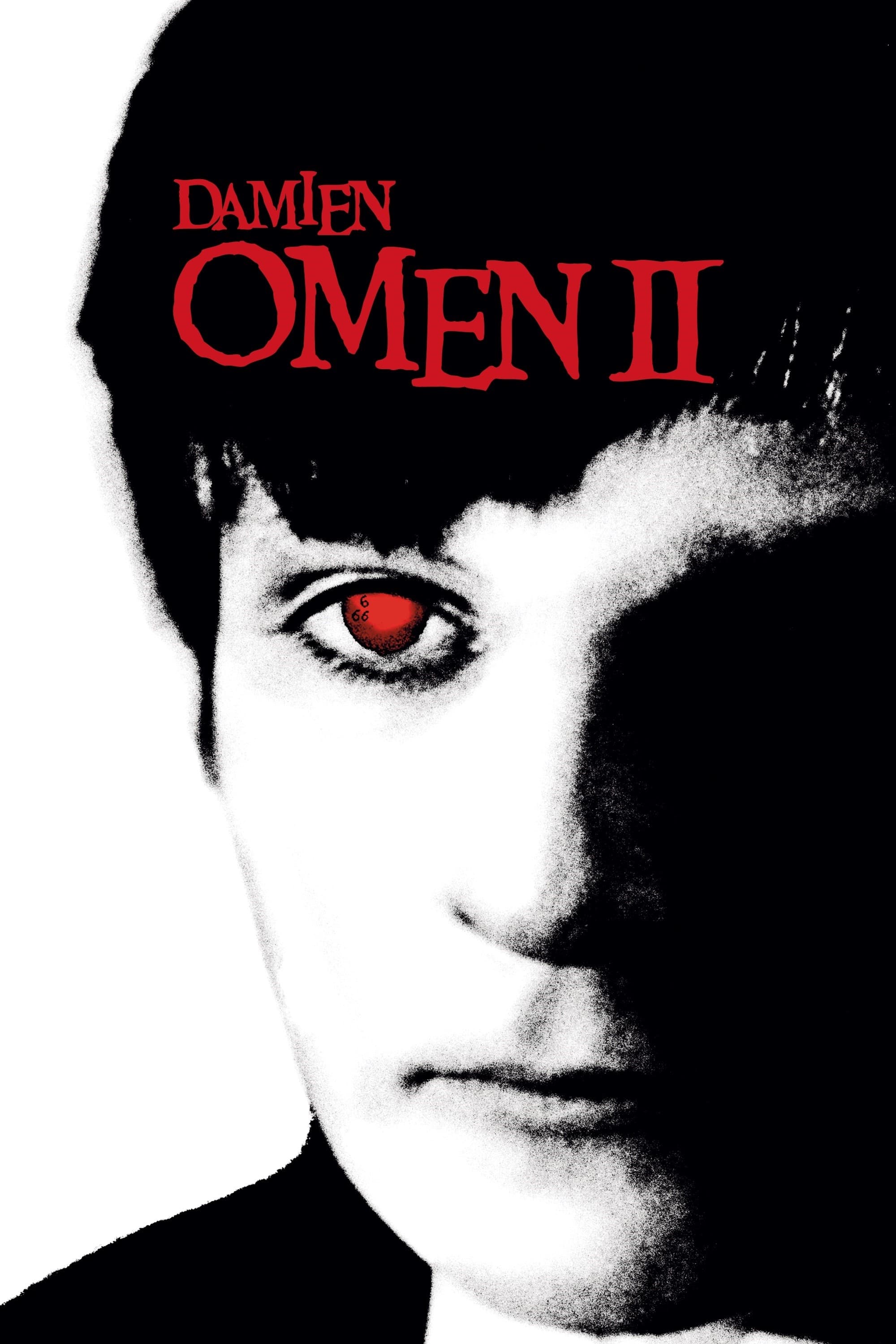 Damien - Omen II1978-06-09Since the sudden and suspicious deaths of his parents, young Damien has been in the charge of his wealthy aunt and uncle and enrolled in a military school. Widely feared to be the Antichrist, he relentlessly plots to seize control of his uncle's business empire — and the world.More...
Damien - Omen II1978-06-09Since the sudden and suspicious deaths of his parents, young Damien has been in the charge of his wealthy aunt and uncle and enrolled in a military school. Widely feared to be the Antichrist, he relentlessly plots to seize control of his uncle's business empire — and the world.More...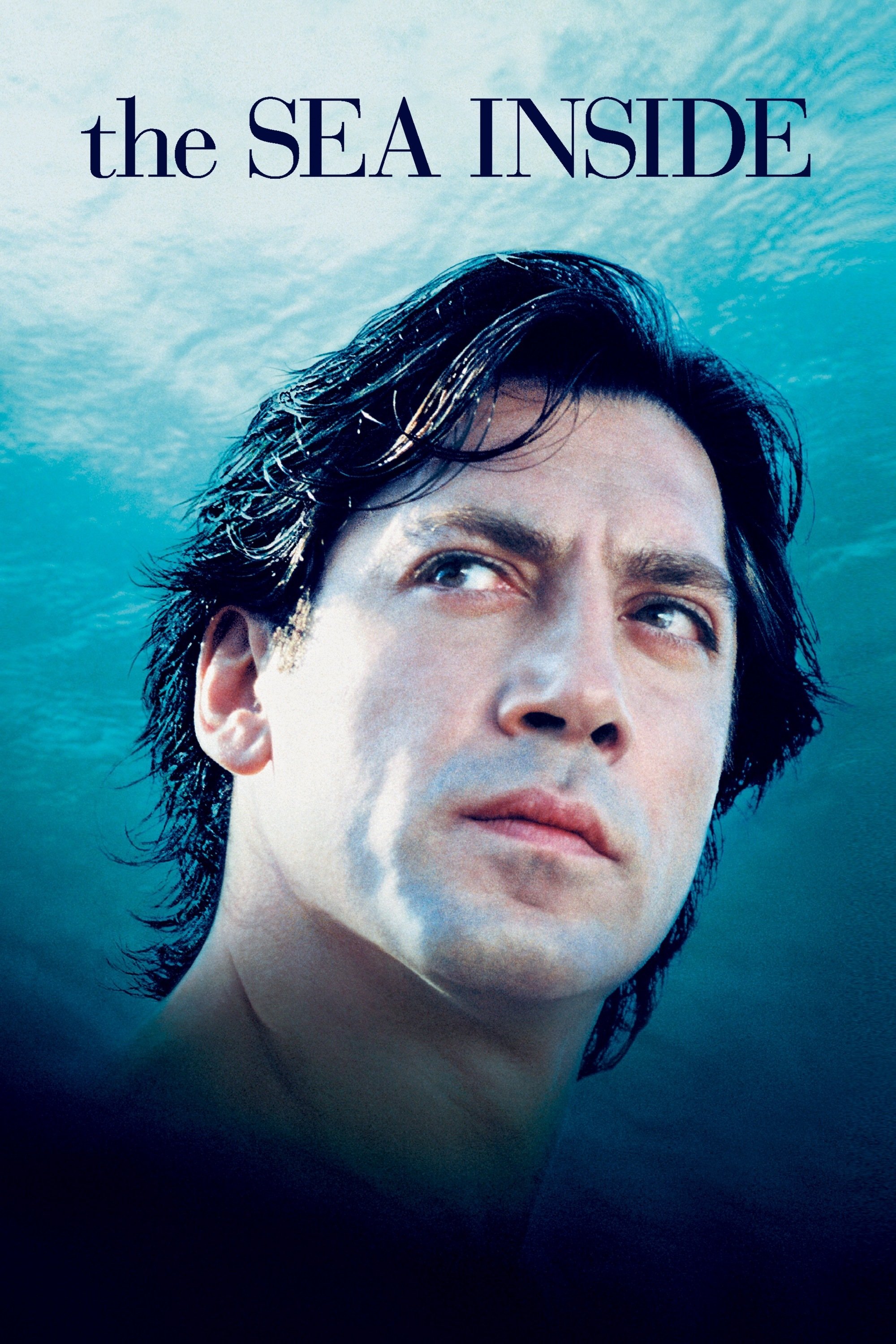 The Sea Inside2004-09-03Ramón Sampedro is a ship mechanic and part-time poet left a quadriplegic following a diving accident. Ramón fought for 30 years for the legal right to end his own life. He develops close relationships with his long-term lawyer Julia and his friend Rosa, who tries to convince him that his life is worth living. Despite his situation, Ramón manages to inspire those around him to live life to the fullest.More...
The Sea Inside2004-09-03Ramón Sampedro is a ship mechanic and part-time poet left a quadriplegic following a diving accident. Ramón fought for 30 years for the legal right to end his own life. He develops close relationships with his long-term lawyer Julia and his friend Rosa, who tries to convince him that his life is worth living. Despite his situation, Ramón manages to inspire those around him to live life to the fullest.More... L'Avventura1960-09-14Claudia and Anna join Anna's lover, Sandro, on a boat trip to a remote volcanic island. When Anna goes missing, a search is launched. In the meantime, Sandro and Claudia become involved in a romance despite Anna's disappearance, though the relationship suffers from guilt and tension.More...
L'Avventura1960-09-14Claudia and Anna join Anna's lover, Sandro, on a boat trip to a remote volcanic island. When Anna goes missing, a search is launched. In the meantime, Sandro and Claudia become involved in a romance despite Anna's disappearance, though the relationship suffers from guilt and tension.More...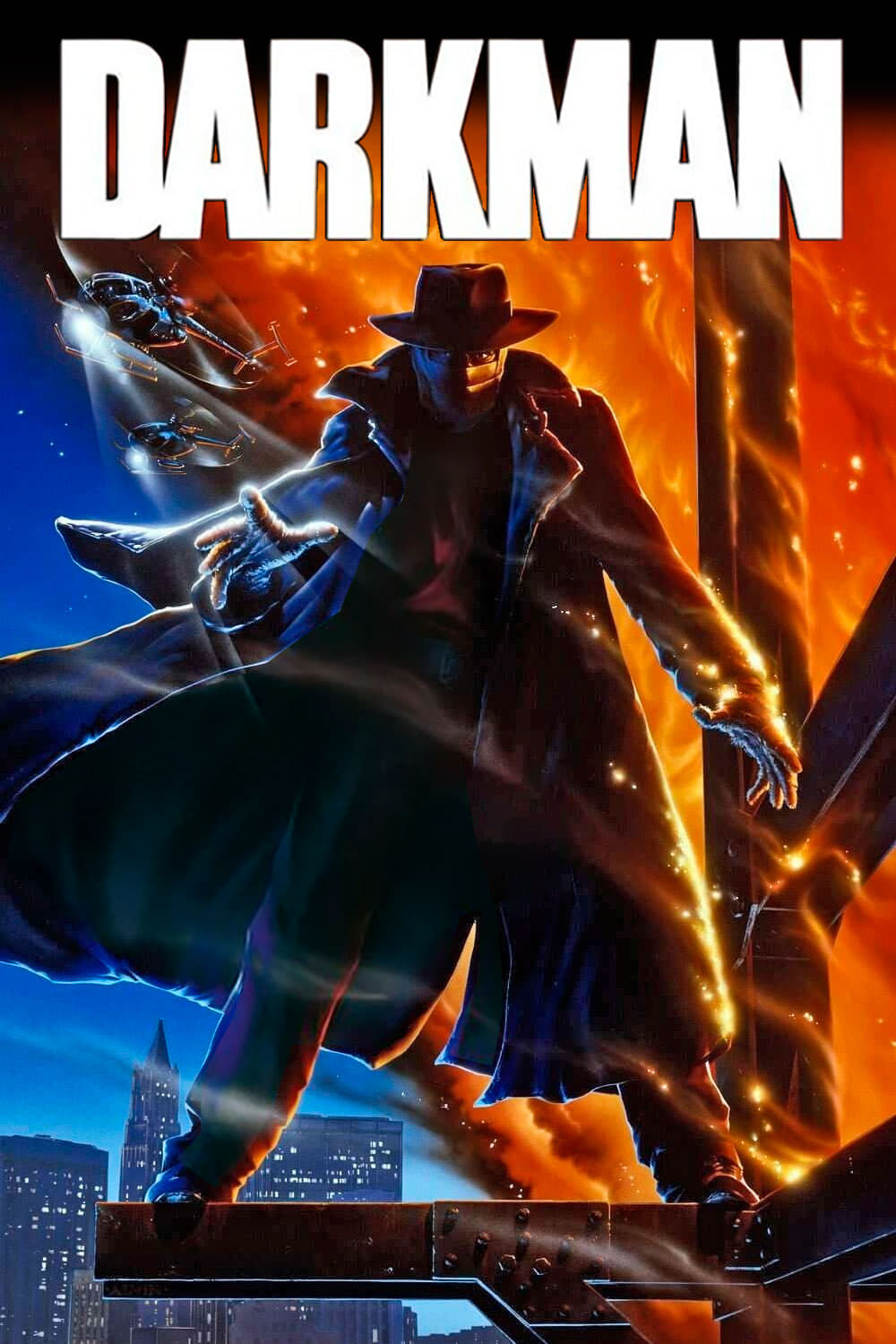 Darkman1990-08-24Dr. Peyton Westlake is on the verge of realizing a major breakthrough in synthetic skin when his laboratory is destroyed by gangsters. Having been burned beyond recognition and forever altered by an experimental medical procedure, Westlake becomes known as Darkman, assuming alternate identities in his quest for revenge and a new life with a former love.More...
Darkman1990-08-24Dr. Peyton Westlake is on the verge of realizing a major breakthrough in synthetic skin when his laboratory is destroyed by gangsters. Having been burned beyond recognition and forever altered by an experimental medical procedure, Westlake becomes known as Darkman, assuming alternate identities in his quest for revenge and a new life with a former love.More...
Similar Movies
Belle de Jour
 1967-05-24Beautiful young housewife Séverine Serizy cannot reconcile her masochistic fantasies with her everyday life alongside dutiful husband Pierre. When her lovestruck friend Henri mentions a secretive high-class brothel run by Madame Anais, Séverine begins to work there during the day under the name Belle de Jour. But when one of her clients grows possessive, she must try to go back to her normal life.
1967-05-24Beautiful young housewife Séverine Serizy cannot reconcile her masochistic fantasies with her everyday life alongside dutiful husband Pierre. When her lovestruck friend Henri mentions a secretive high-class brothel run by Madame Anais, Séverine begins to work there during the day under the name Belle de Jour. But when one of her clients grows possessive, she must try to go back to her normal life.Twister
 1996-05-10An unprecedented series of violent tornadoes is sweeping across Oklahoma. Tornado chasers, headed by Dr. Jo Harding, attempt to release a groundbreaking device that will allow them to track them and create a more advanced warning system. They are joined by Jo's soon to be ex-husband Bill, a former tornado chaser himself, and his girlfriend Melissa.
1996-05-10An unprecedented series of violent tornadoes is sweeping across Oklahoma. Tornado chasers, headed by Dr. Jo Harding, attempt to release a groundbreaking device that will allow them to track them and create a more advanced warning system. They are joined by Jo's soon to be ex-husband Bill, a former tornado chaser himself, and his girlfriend Melissa.The Bridges of Madiso...
 1995-06-02Photographer Robert Kincaid wanders into the life of housewife Francesca Johnson for four days in the 1960s.
1995-06-02Photographer Robert Kincaid wanders into the life of housewife Francesca Johnson for four days in the 1960s.The Last Emperor
 1987-10-04A dramatic history of Pu Yi, the last of the Emperors of China, from his lofty birth and brief reign in the Forbidden City, the object of worship by half a billion people; through his abdication, his decline and dissolute lifestyle; his exploitation by the invading Japanese, and finally to his obscure existence as just another peasant worker in the People's Republic.
1987-10-04A dramatic history of Pu Yi, the last of the Emperors of China, from his lofty birth and brief reign in the Forbidden City, the object of worship by half a billion people; through his abdication, his decline and dissolute lifestyle; his exploitation by the invading Japanese, and finally to his obscure existence as just another peasant worker in the People's Republic.Little Miss Sunshine
 2006-07-26A family loaded with quirky, colorful characters piles into an old van and road trips to California for little Olive to compete in a beauty pageant.
2006-07-26A family loaded with quirky, colorful characters piles into an old van and road trips to California for little Olive to compete in a beauty pageant.The Poseidon Adventur...
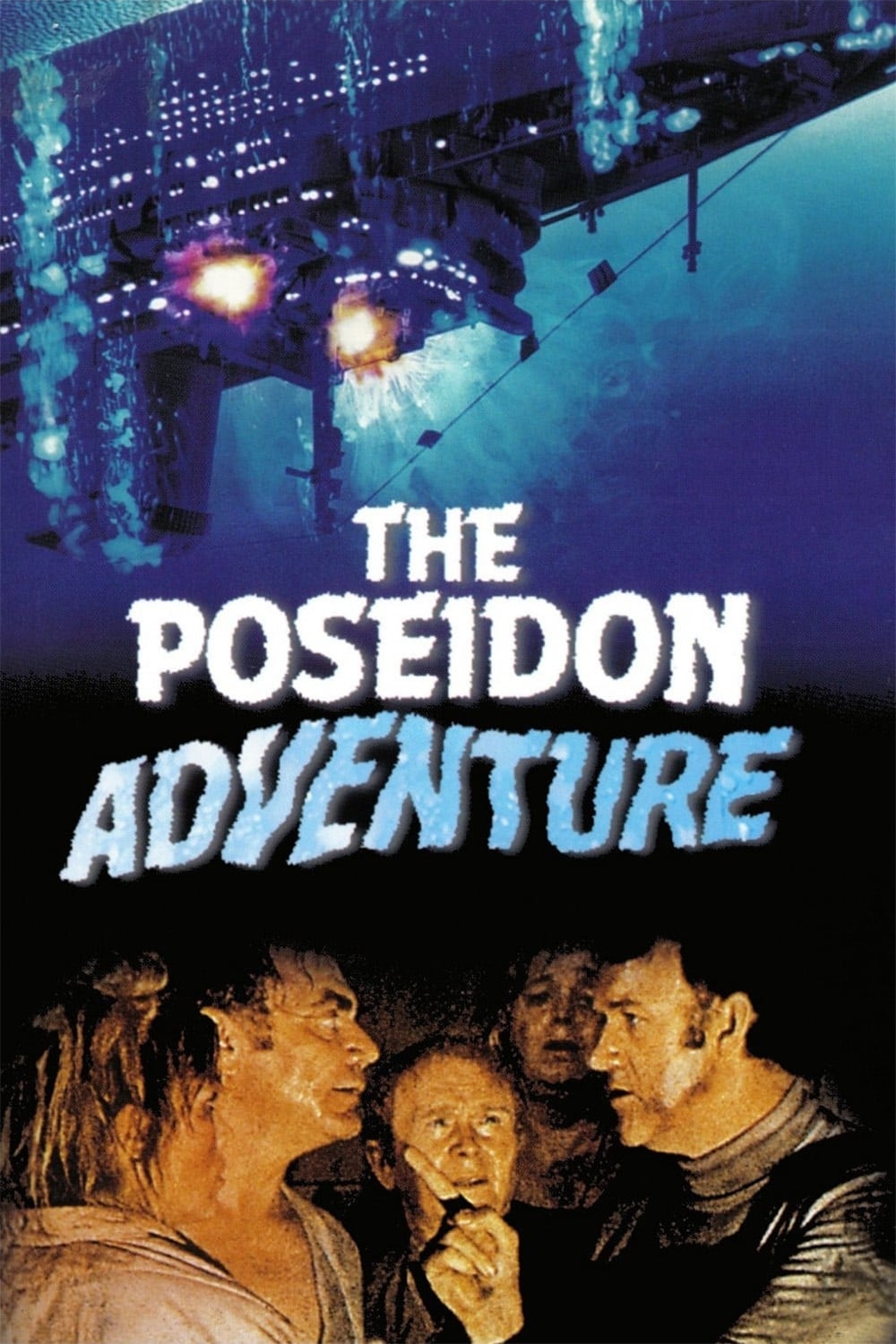 1972-12-01When their ocean liner capsizes, a group of passengers struggle to survive and escape.
1972-12-01When their ocean liner capsizes, a group of passengers struggle to survive and escape.The Cuckoo
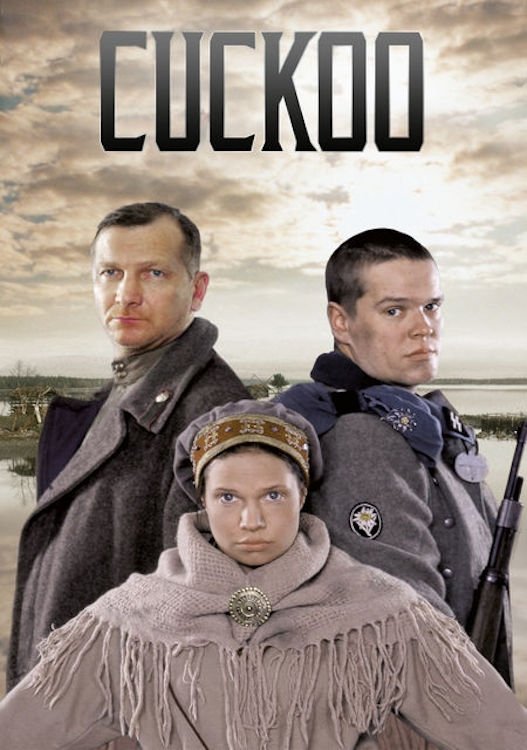 2002-01-01September of 1944, a few days before Finland went out of the Second World War. A chained to a rock Finnish sniper-kamikadze Veikko managed to set himself free. Ivan, a captain of the Soviet Army, arrested by the Front Secret Police 'Smersh', has a narrow escape. They are soldiers of the two enemy armies. A Lapp woman Anni gives a shelter to both of them at her farm. For Anni they are not enemies, but just men.
2002-01-01September of 1944, a few days before Finland went out of the Second World War. A chained to a rock Finnish sniper-kamikadze Veikko managed to set himself free. Ivan, a captain of the Soviet Army, arrested by the Front Secret Police 'Smersh', has a narrow escape. They are soldiers of the two enemy armies. A Lapp woman Anni gives a shelter to both of them at her farm. For Anni they are not enemies, but just men.Wag the Dog
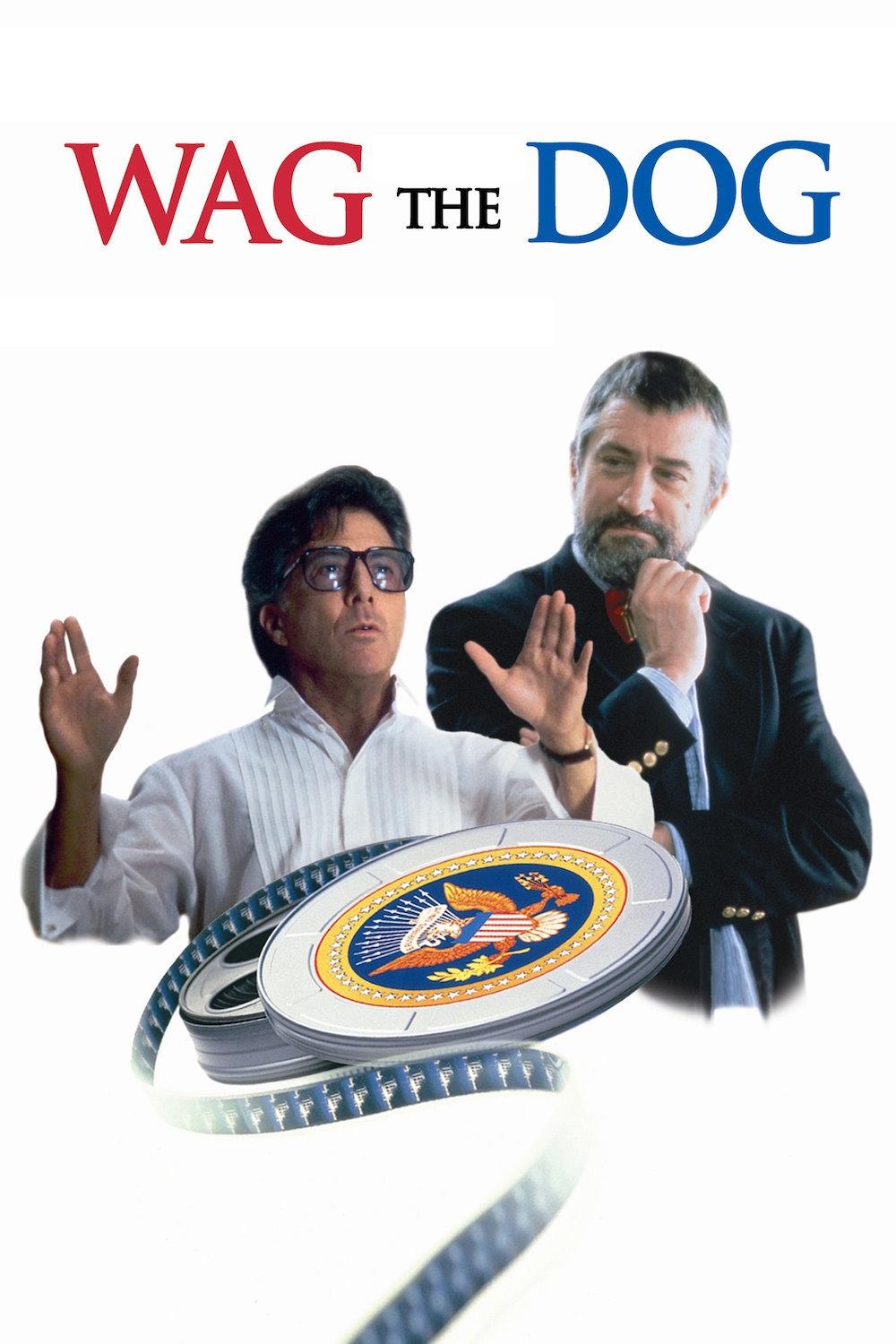 1997-12-25During the final weeks of a presidential race, the President is accused of sexual misconduct. To distract the public until the election, the President's adviser hires a Hollywood producer to help him stage a fake war.
1997-12-25During the final weeks of a presidential race, the President is accused of sexual misconduct. To distract the public until the election, the President's adviser hires a Hollywood producer to help him stage a fake war.Full Metal Jacket
 1987-06-26A pragmatic U.S. Marine observes the dehumanizing effects the U.S.-Vietnam War has on his fellow recruits from their brutal boot camp training to the bloody street fighting in Hue.
1987-06-26A pragmatic U.S. Marine observes the dehumanizing effects the U.S.-Vietnam War has on his fellow recruits from their brutal boot camp training to the bloody street fighting in Hue.Munich
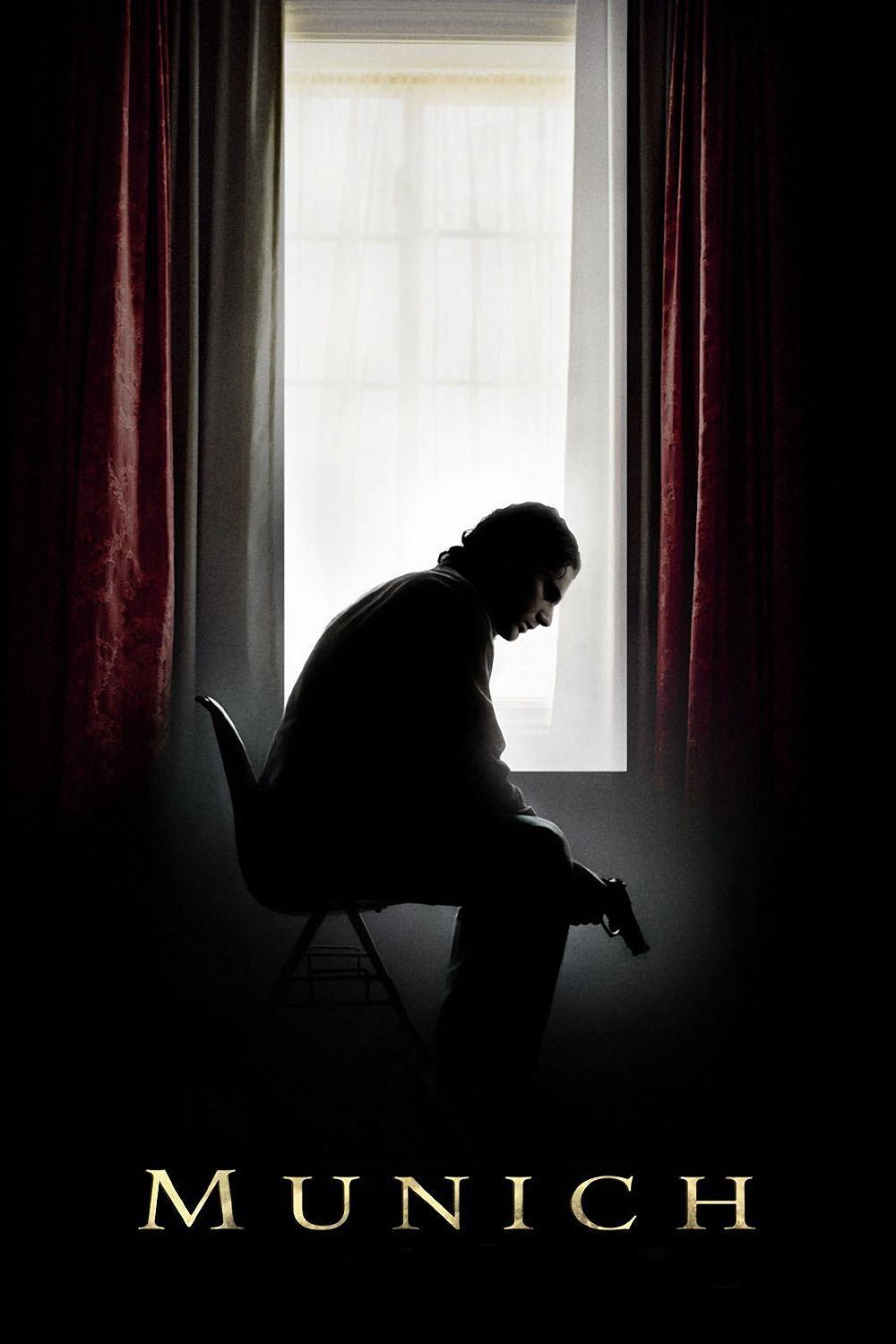 2005-12-23During the 1972 Olympic Games in Munich, eleven Israeli athletes are taken hostage and murdered by a Palestinian terrorist group known as Black September. In retaliation, the Israeli government recruits a group of Mossad agents to track down and execute those responsible for the attack.
2005-12-23During the 1972 Olympic Games in Munich, eleven Israeli athletes are taken hostage and murdered by a Palestinian terrorist group known as Black September. In retaliation, the Israeli government recruits a group of Mossad agents to track down and execute those responsible for the attack.The Manila Rope
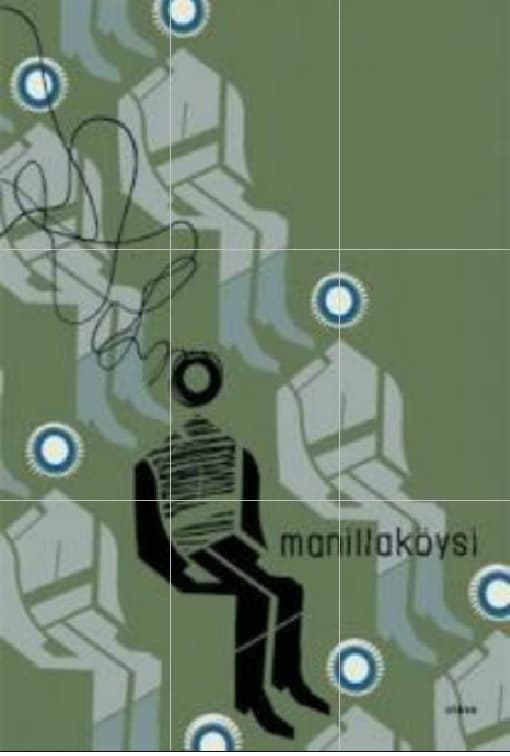 1976-09-28Manillaköysi is a cult status holding TV-movie adaptation of the satirical war novel by Veijo Meri. Manillaköysi has an endless list of classic one-liners, but it is still not based on cheap laughs or anything like that. The whole humouristic aspect of it comes from describing the absurdity of war, and the whole military system, by looking it with the eyes of a simple man, who's thrown into it, and who simply does not give a rats ass of it all. The tone of it is not overly preachy or moralizing. If I would have to describe it with one word, it would be: unglamourizing. The main point of Manillaköysi is pretty much compressed in one of the most famous quotes of it: There is nothing supernatural about war, it is just work like anything else.
1976-09-28Manillaköysi is a cult status holding TV-movie adaptation of the satirical war novel by Veijo Meri. Manillaköysi has an endless list of classic one-liners, but it is still not based on cheap laughs or anything like that. The whole humouristic aspect of it comes from describing the absurdity of war, and the whole military system, by looking it with the eyes of a simple man, who's thrown into it, and who simply does not give a rats ass of it all. The tone of it is not overly preachy or moralizing. If I would have to describe it with one word, it would be: unglamourizing. The main point of Manillaköysi is pretty much compressed in one of the most famous quotes of it: There is nothing supernatural about war, it is just work like anything else.When Harry Met Sally....
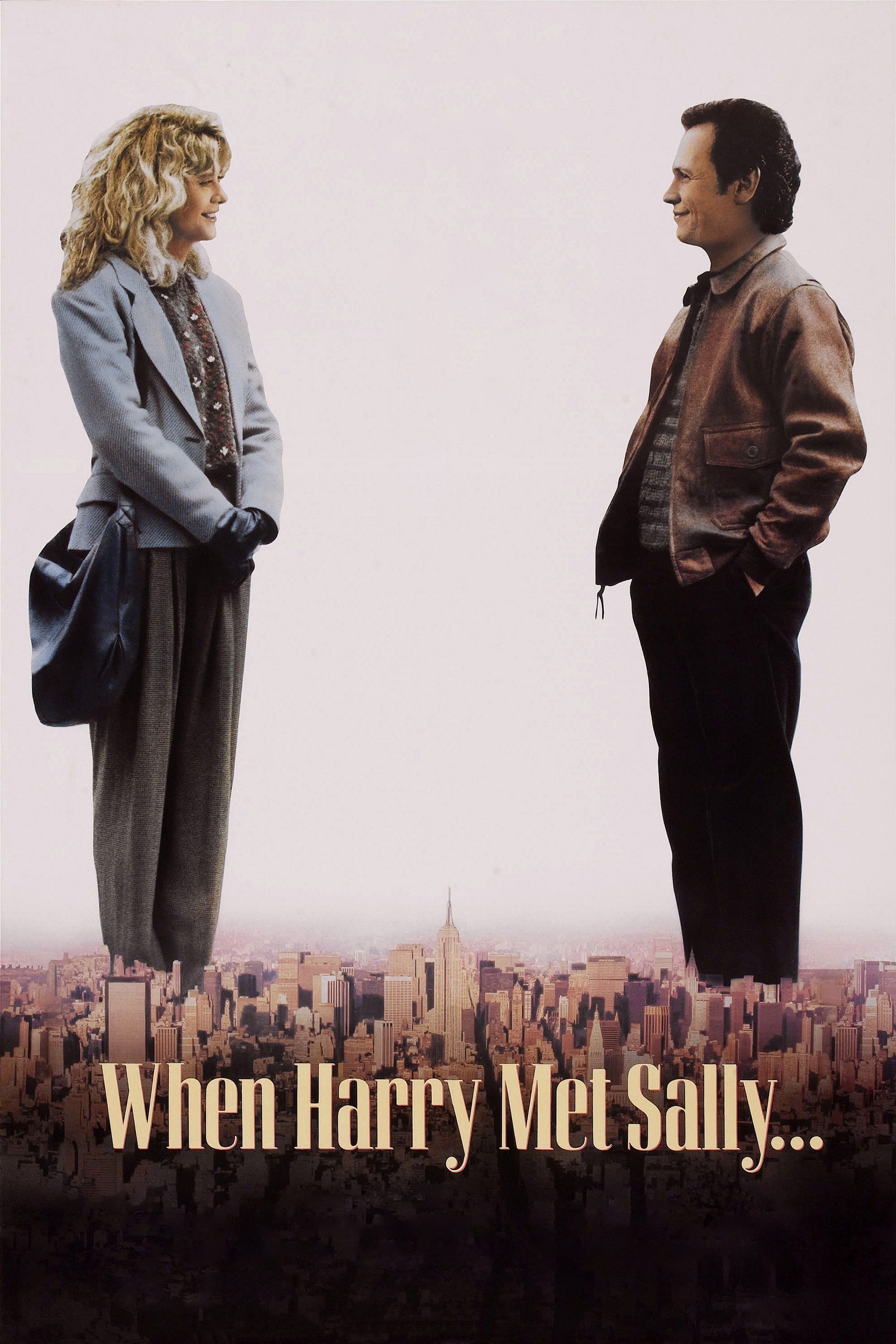 1989-07-12During their travel from Chicago to New York, Harry and Sally debate whether or not sex ruins a friendship between a man and a woman. Eleven years later, and they're still no closer to finding the answer.
1989-07-12During their travel from Chicago to New York, Harry and Sally debate whether or not sex ruins a friendship between a man and a woman. Eleven years later, and they're still no closer to finding the answer.Let There Be Light
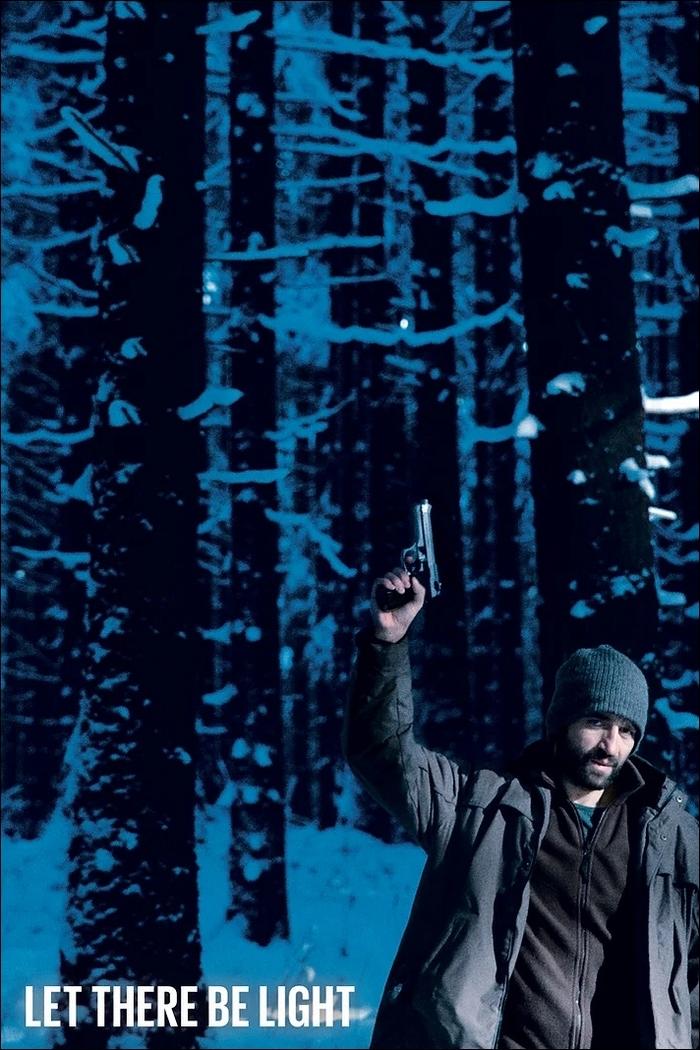 2019-09-26Milan, a Slovak working in Germany as a bricklayer, returns home to celebrate Christmas with his wife and three children, one of whom appears to be involved in suspicious activities related to an extremist organization.
2019-09-26Milan, a Slovak working in Germany as a bricklayer, returns home to celebrate Christmas with his wife and three children, one of whom appears to be involved in suspicious activities related to an extremist organization.The American Friend
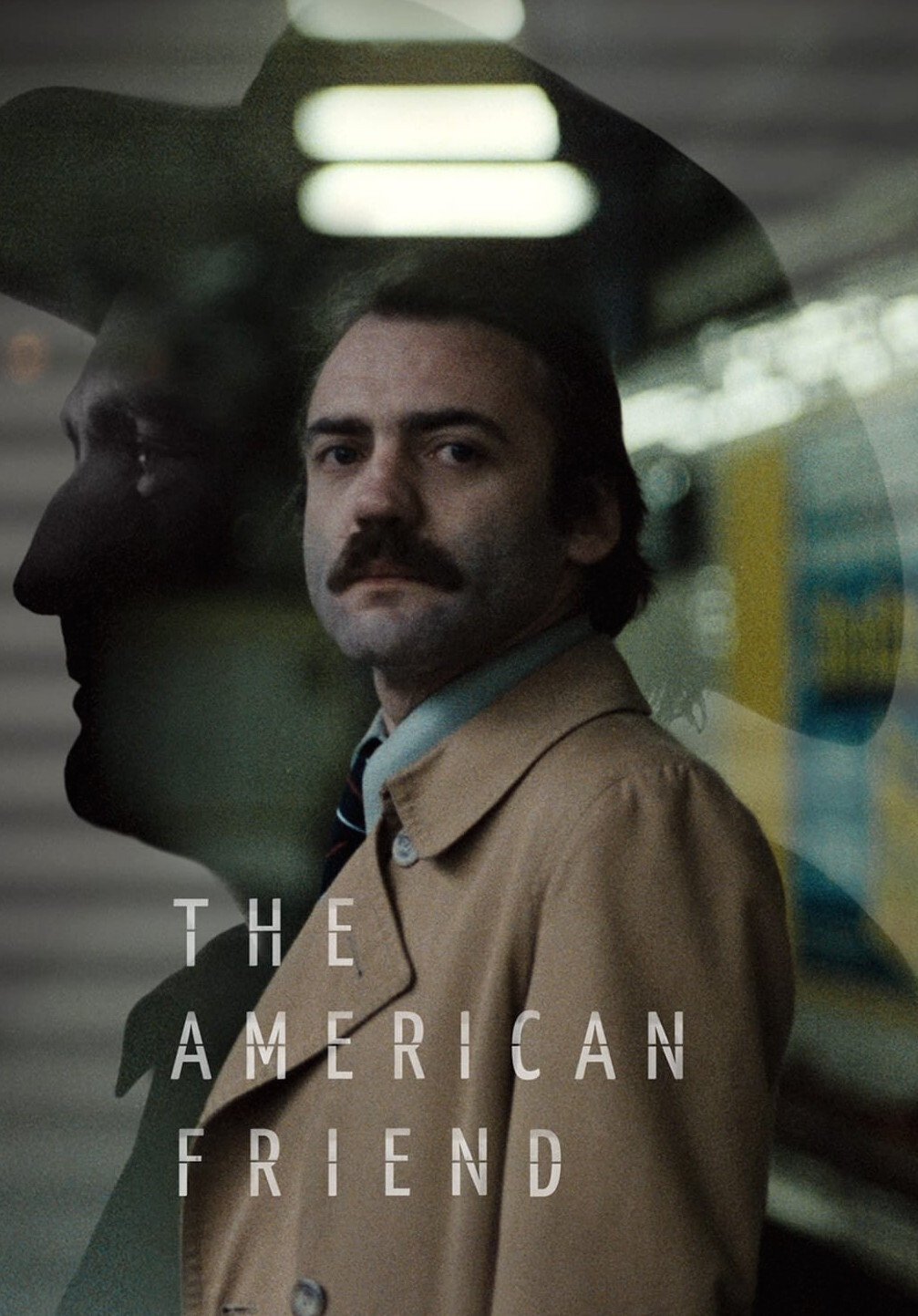 1977-06-24Tom Ripley, an American who deals in forged art, is slighted at an auction in Hamburg by picture framer Jonathan Zimmerman. When Ripley is asked by gangster Raoul Minot to kill a rival, he suggests Zimmerman, and the two, exploiting Zimmerman's terminal illness, coerce him into being a hitman.
1977-06-24Tom Ripley, an American who deals in forged art, is slighted at an auction in Hamburg by picture framer Jonathan Zimmerman. When Ripley is asked by gangster Raoul Minot to kill a rival, he suggests Zimmerman, and the two, exploiting Zimmerman's terminal illness, coerce him into being a hitman.Macbeth
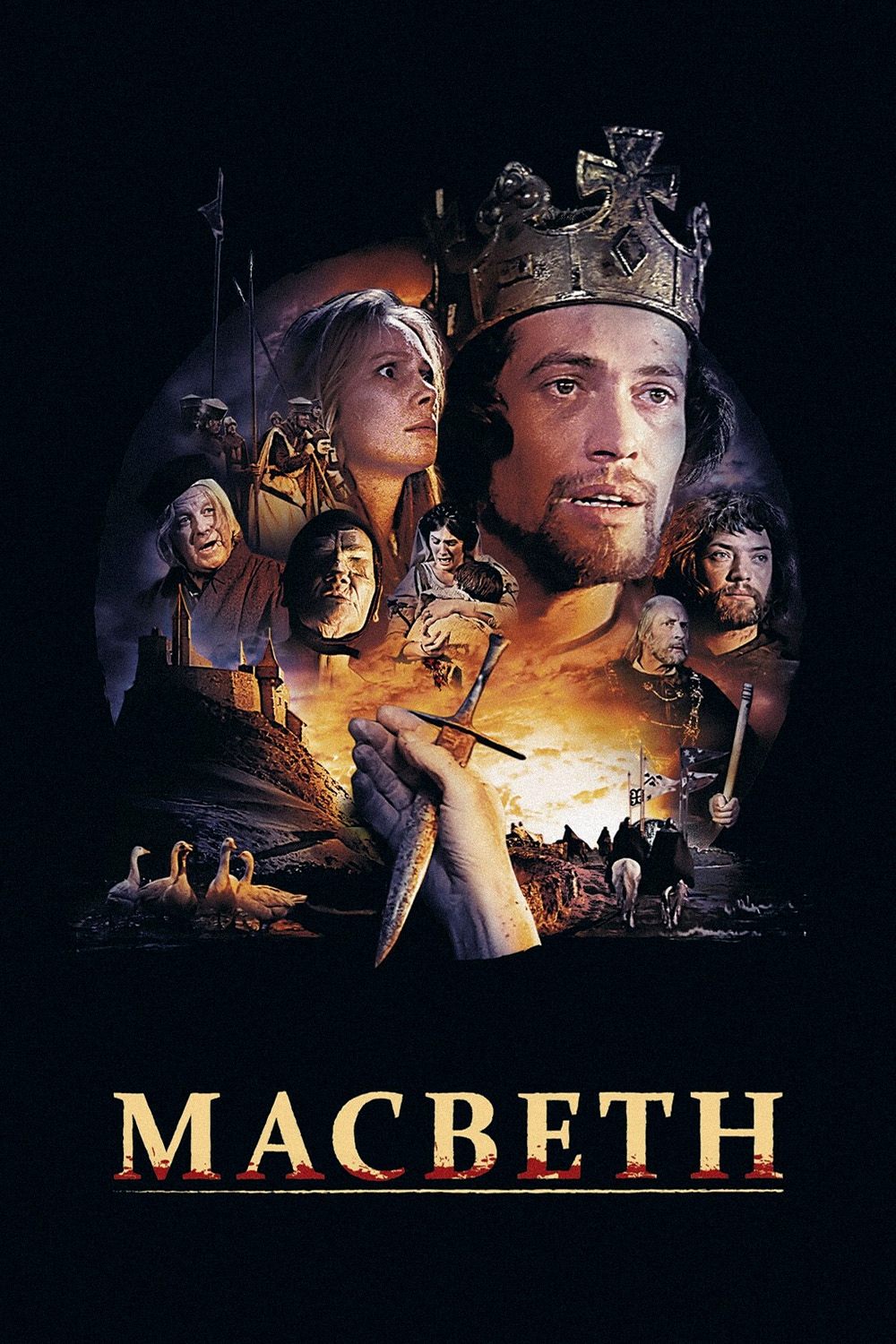 1971-12-20Scotland, 11th century. Driven by the twisted prophecy of three witches and the ruthless ambition of his wife, warlord Macbeth, bold and brave, but also weak and hesitant, betrays his good king and his brothers in arms and sinks into the bloody mud of a path with no return, sown with crime and suspicion.
1971-12-20Scotland, 11th century. Driven by the twisted prophecy of three witches and the ruthless ambition of his wife, warlord Macbeth, bold and brave, but also weak and hesitant, betrays his good king and his brothers in arms and sinks into the bloody mud of a path with no return, sown with crime and suspicion.Leona Helmsley: The Q...
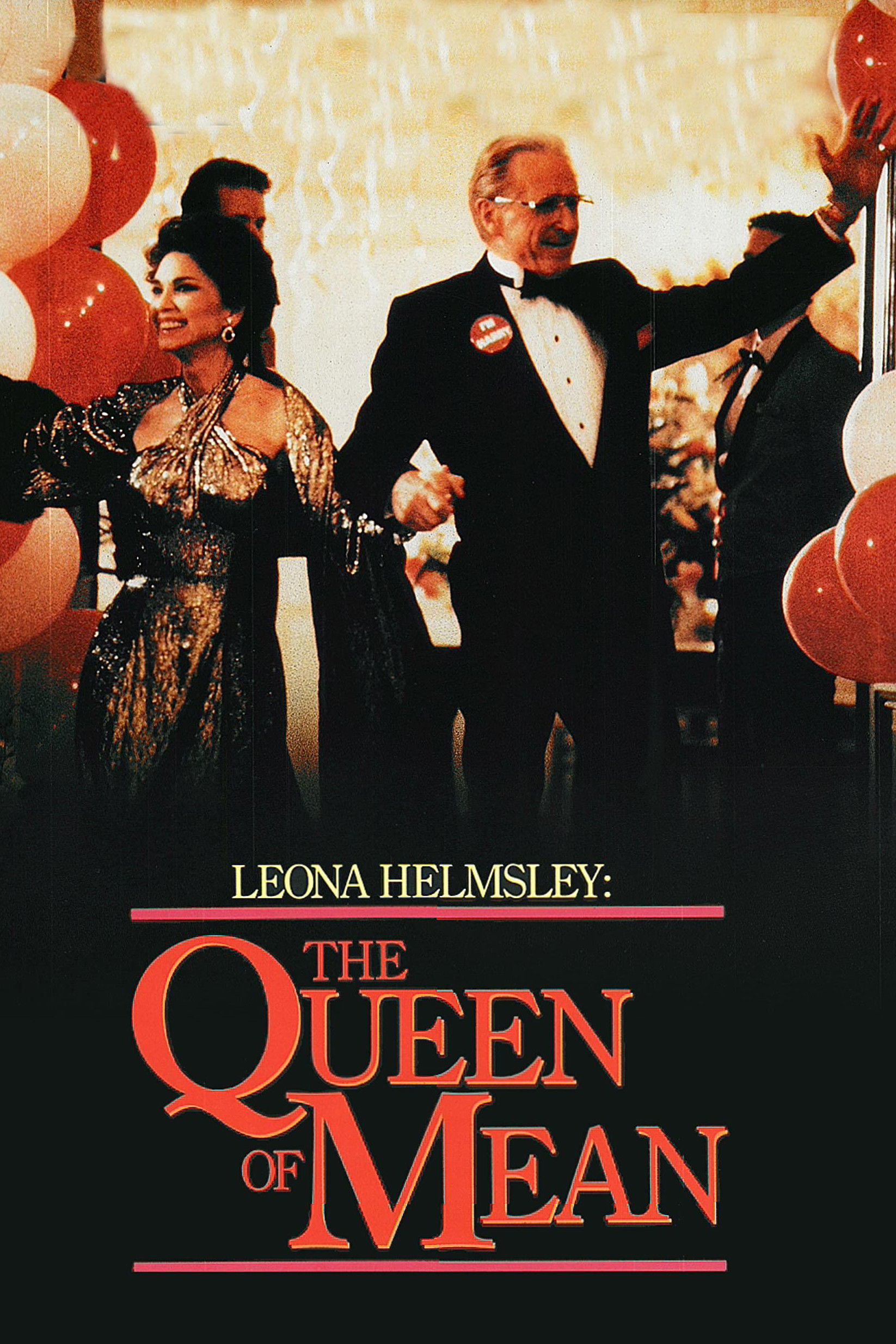 1990-09-23Spanning years of both Harry and Leona Helmsley's cutthroat control of their eponymonous empire, this made-for-TV movie chronicles both the high and low points of the couple's life together.
1990-09-23Spanning years of both Harry and Leona Helmsley's cutthroat control of their eponymonous empire, this made-for-TV movie chronicles both the high and low points of the couple's life together.7 Days in Entebbe
 2018-03-15In 1976, four hijackers take over an Air France airplane en route from Tel Aviv to Paris and force it to land in Entebbe, Uganda. With 248 passengers on board, one of the most daring rescue missions ever is set in motion.
2018-03-15In 1976, four hijackers take over an Air France airplane en route from Tel Aviv to Paris and force it to land in Entebbe, Uganda. With 248 passengers on board, one of the most daring rescue missions ever is set in motion.Fahrenheit 451
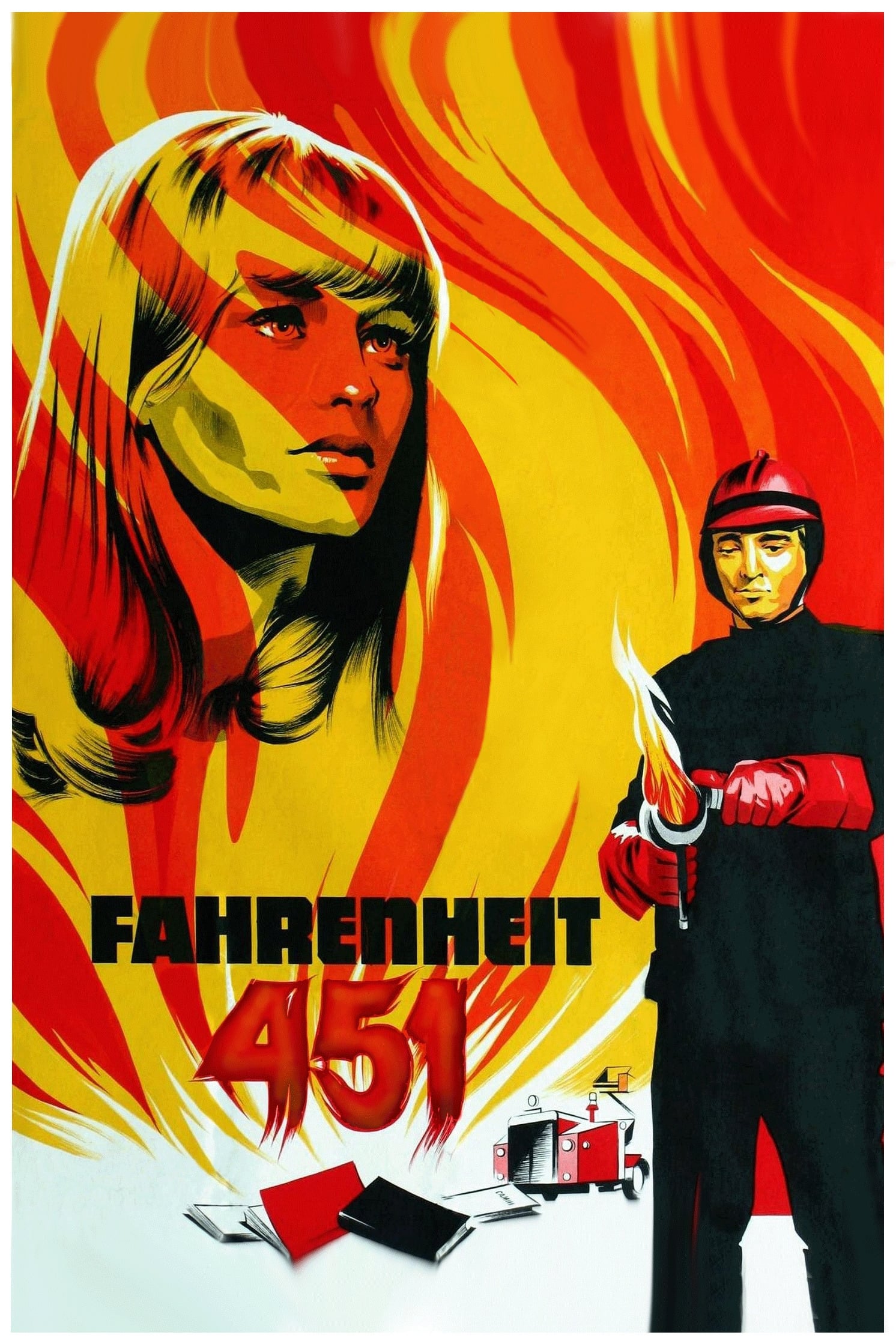 1966-09-07In the future, the government maintains control of public opinion by outlawing literature and maintaining a group of enforcers, known as “firemen,” to perform the necessary book burnings. Fireman Montag begins to question the morality of his vocation…
1966-09-07In the future, the government maintains control of public opinion by outlawing literature and maintaining a group of enforcers, known as “firemen,” to perform the necessary book burnings. Fireman Montag begins to question the morality of his vocation…Seance on a Wet After...
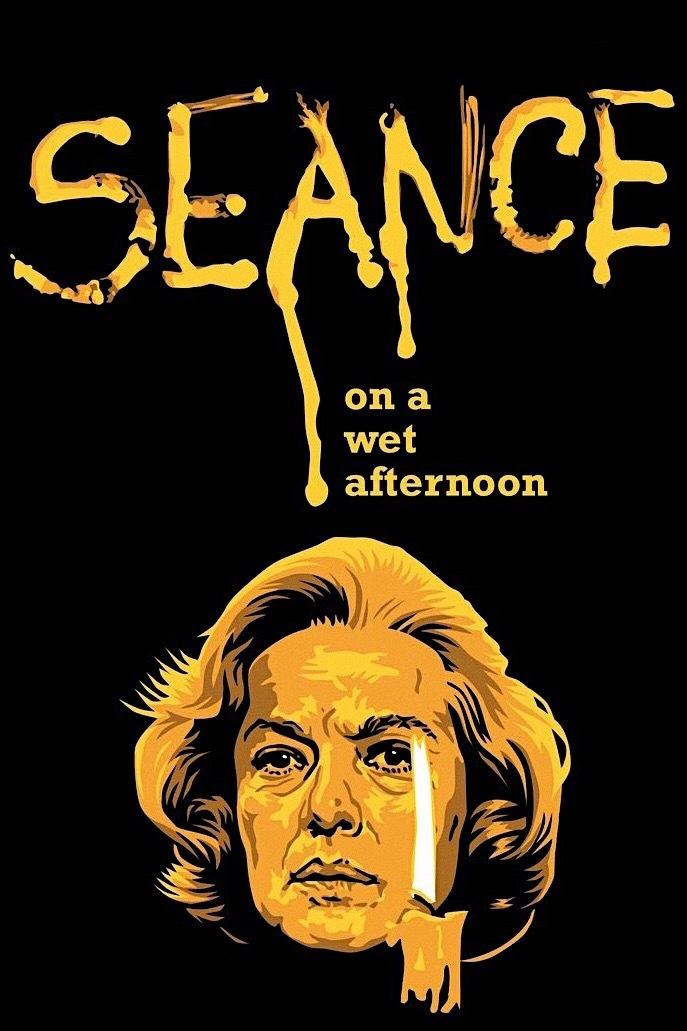 1964-06-19Working-class British housewife Myra Savage reinvents herself as a medium, holding seances in the sitting room of her home with the hidden assistance of her under-employed, asthmatic husband, Billy. In an attempt to enhance her credibility as a psychic, Myra hatches an elaborate, ill-conceived plot to kidnap a wealthy couple's young daughter so that she can then help the police "find" the missing girl.
1964-06-19Working-class British housewife Myra Savage reinvents herself as a medium, holding seances in the sitting room of her home with the hidden assistance of her under-employed, asthmatic husband, Billy. In an attempt to enhance her credibility as a psychic, Myra hatches an elaborate, ill-conceived plot to kidnap a wealthy couple's young daughter so that she can then help the police "find" the missing girl.A Star Is Born
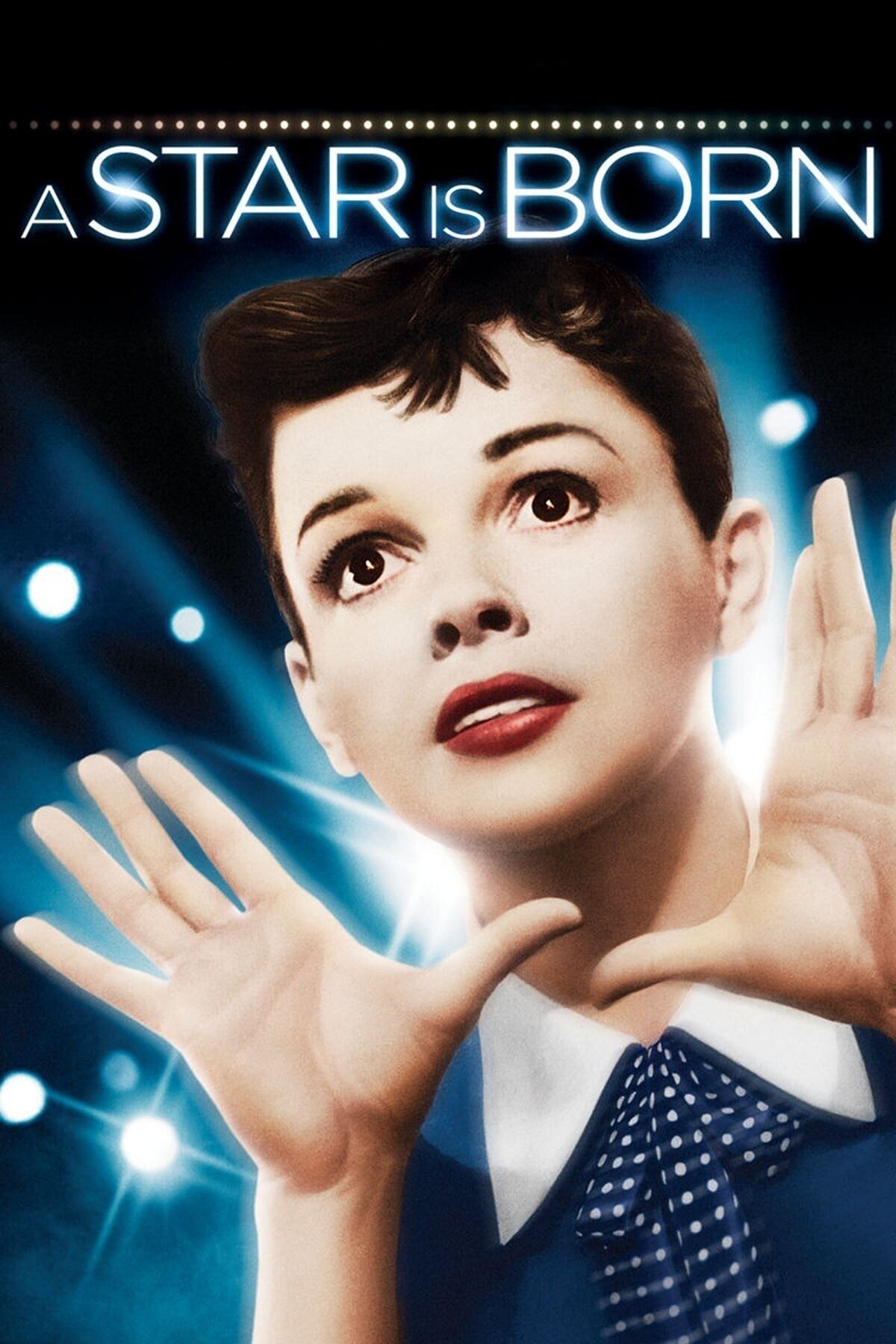 1954-10-01A movie star helps a young singer-actress find fame, even as age and alcoholism send his own career into a downward spiral.
1954-10-01A movie star helps a young singer-actress find fame, even as age and alcoholism send his own career into a downward spiral.
